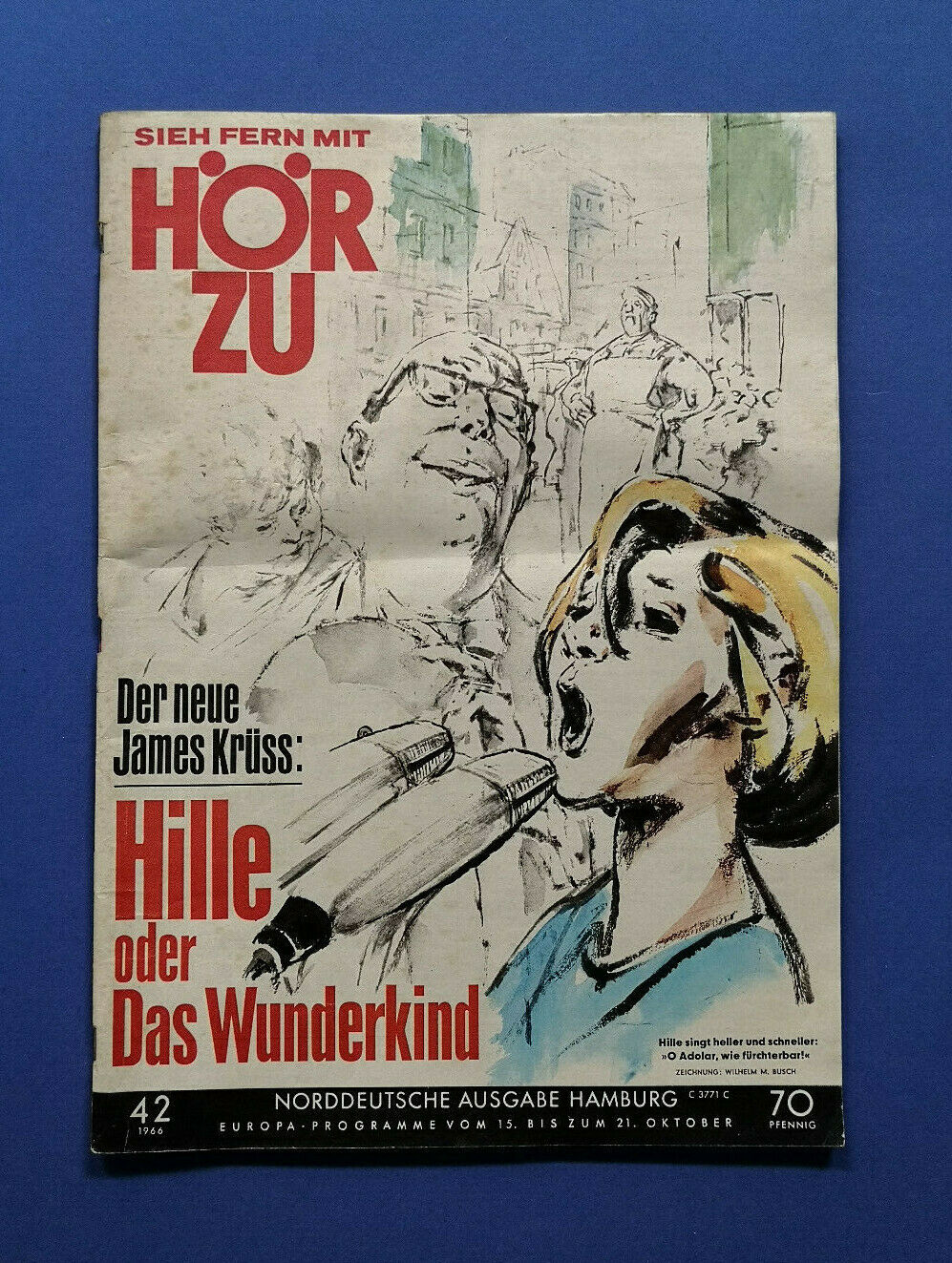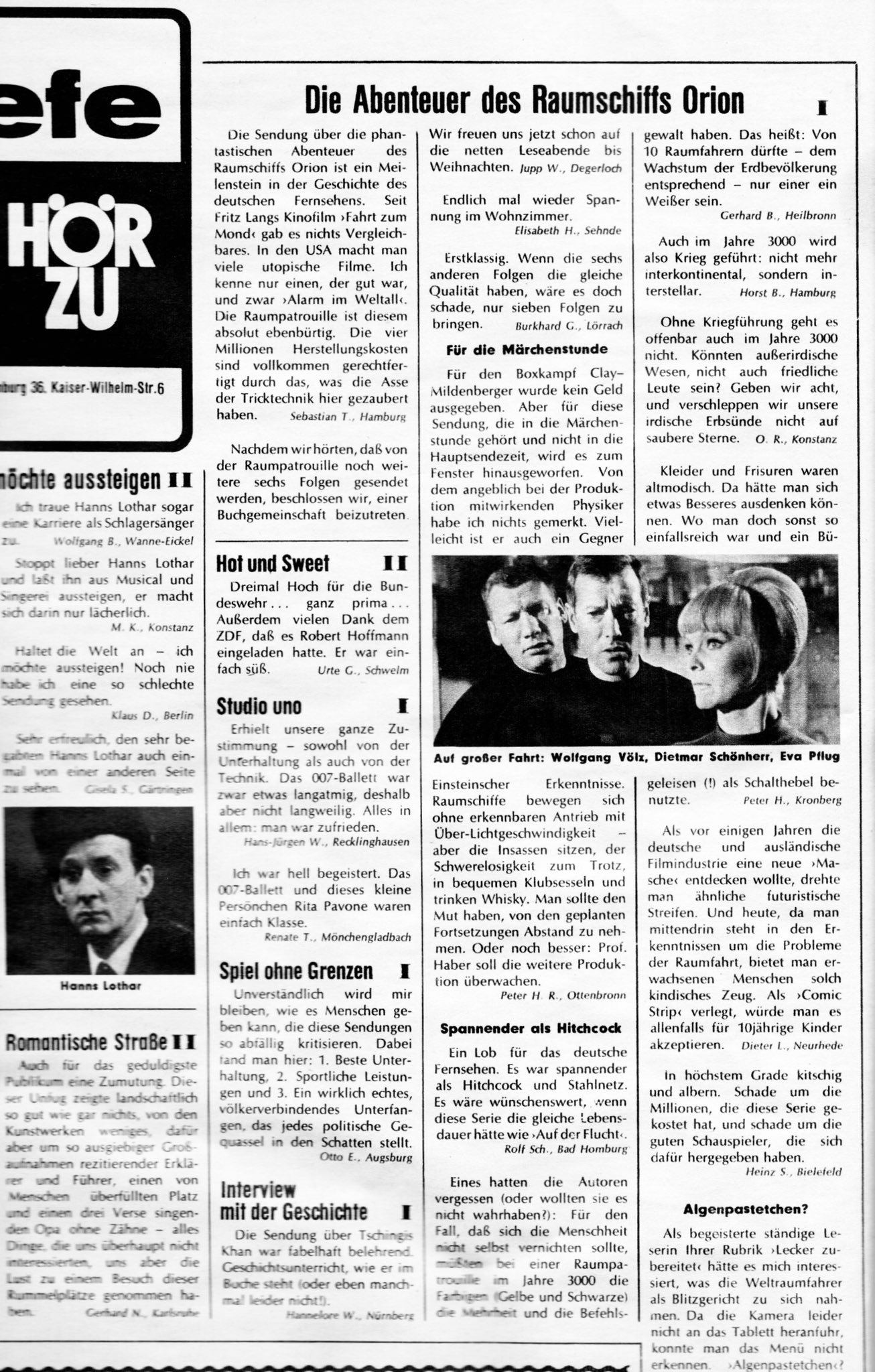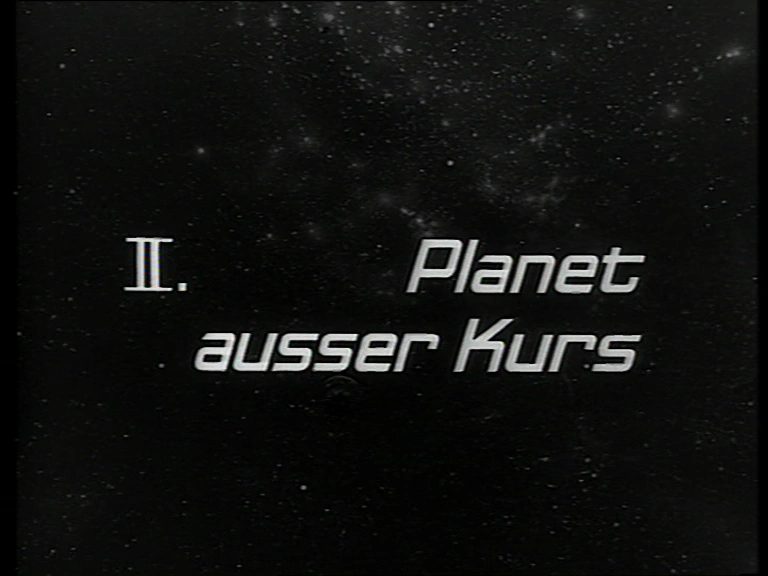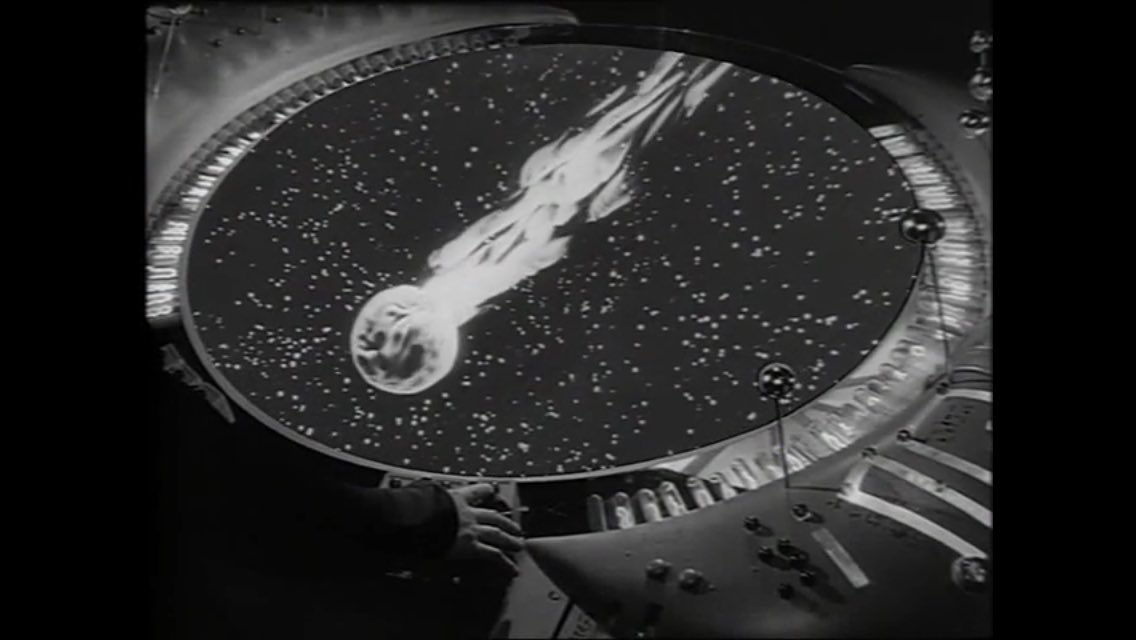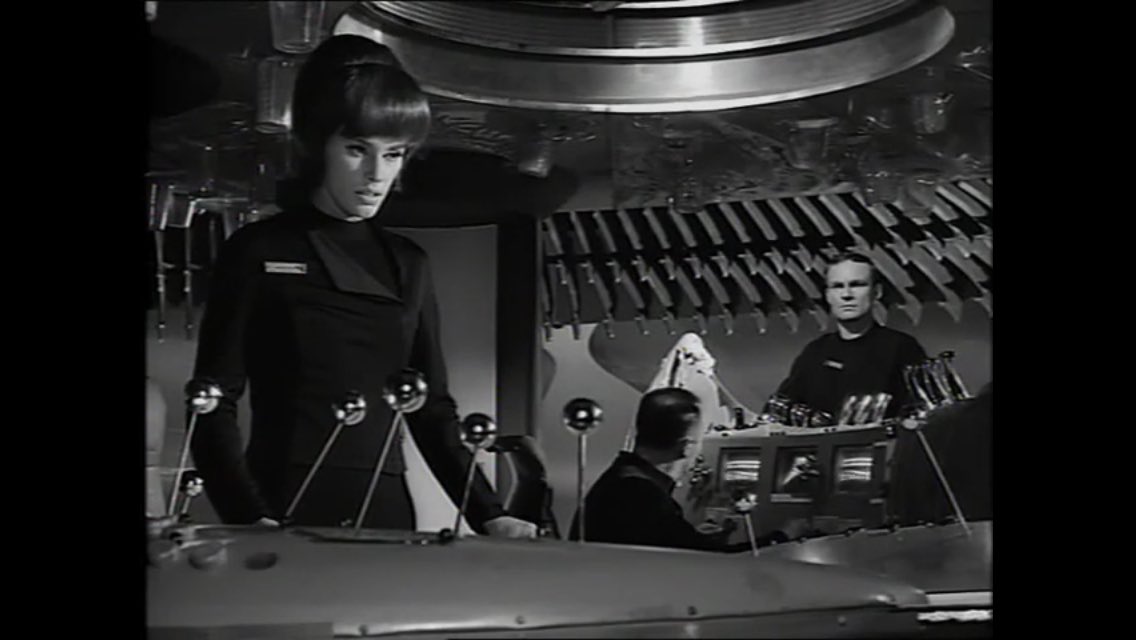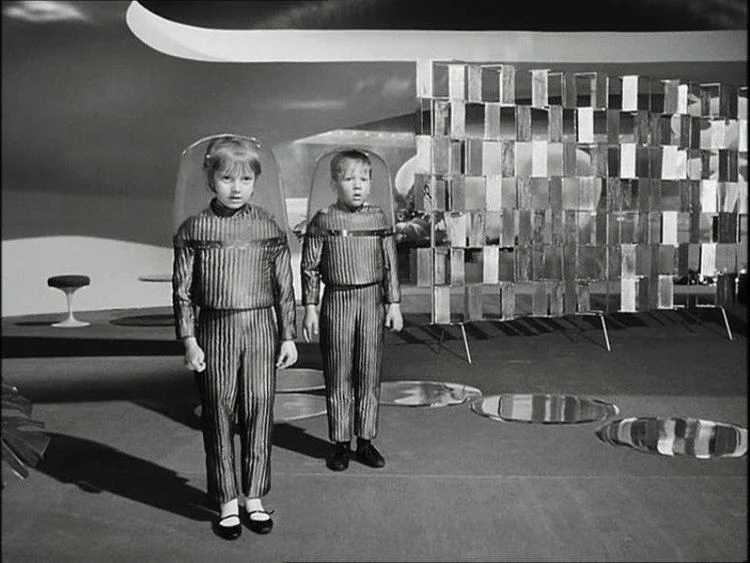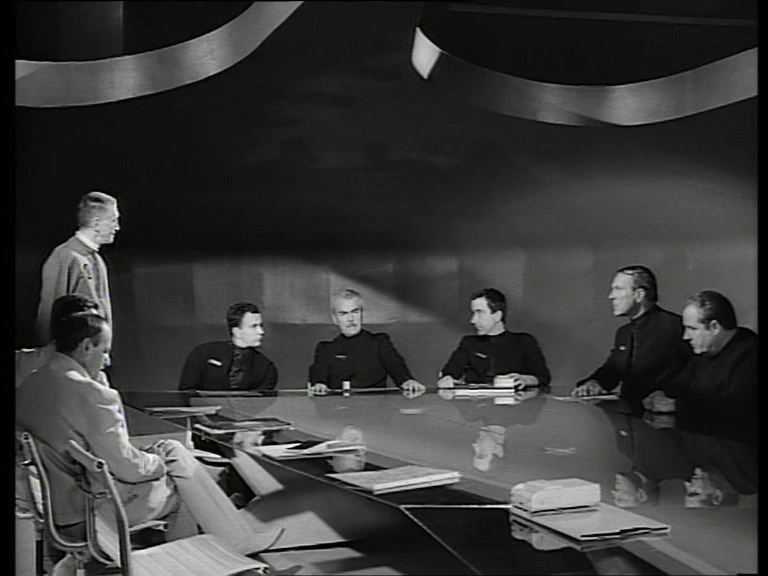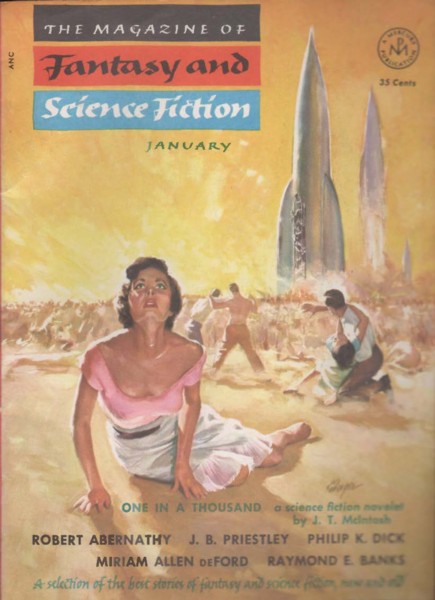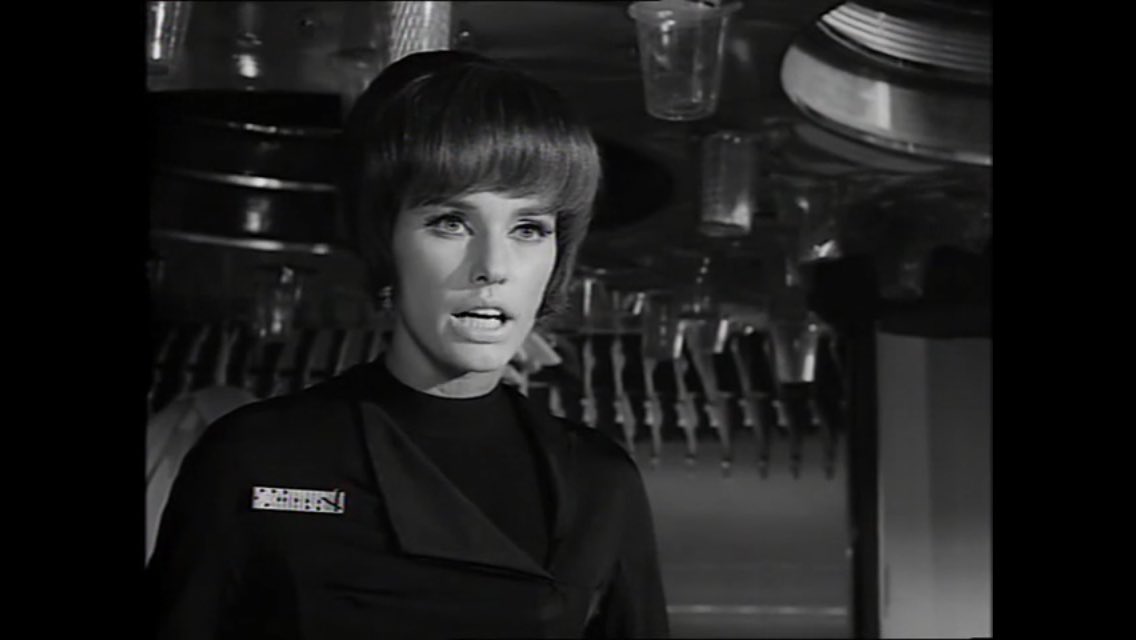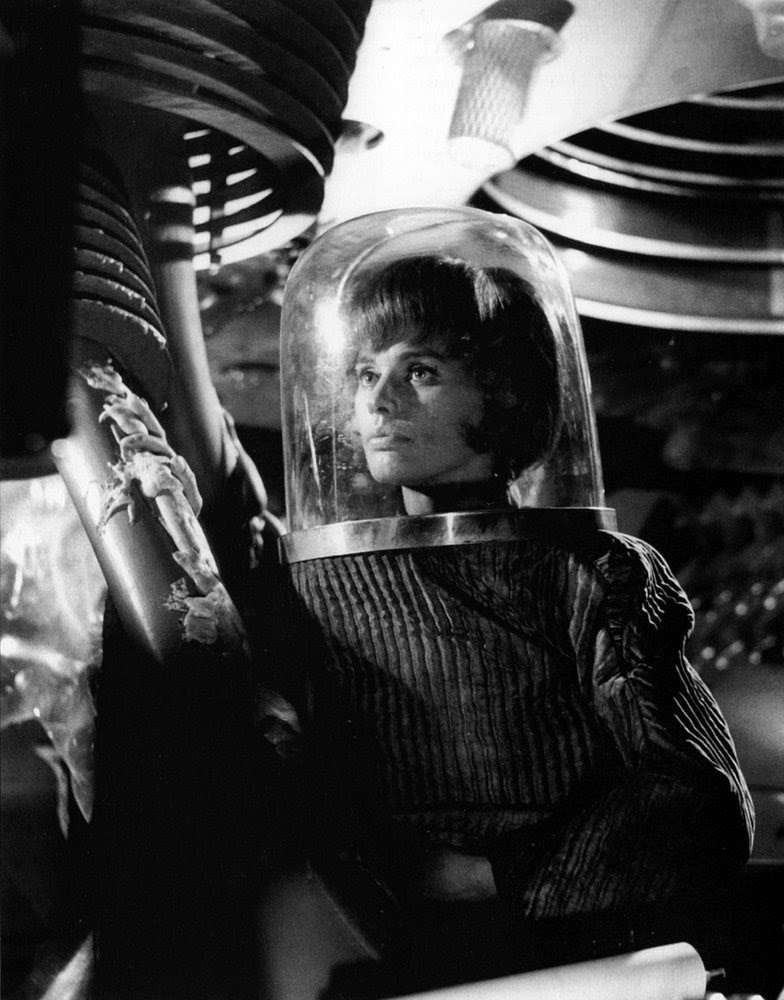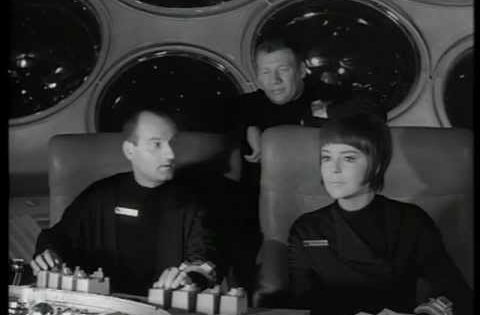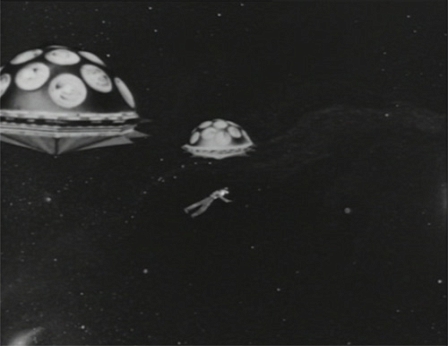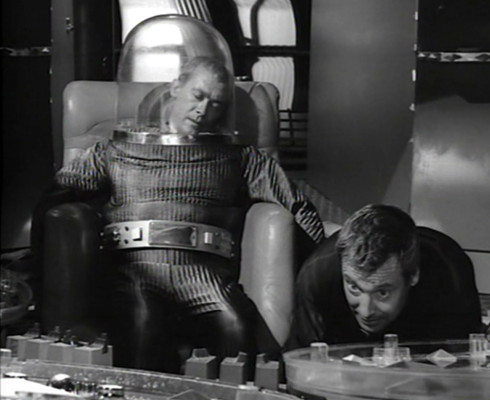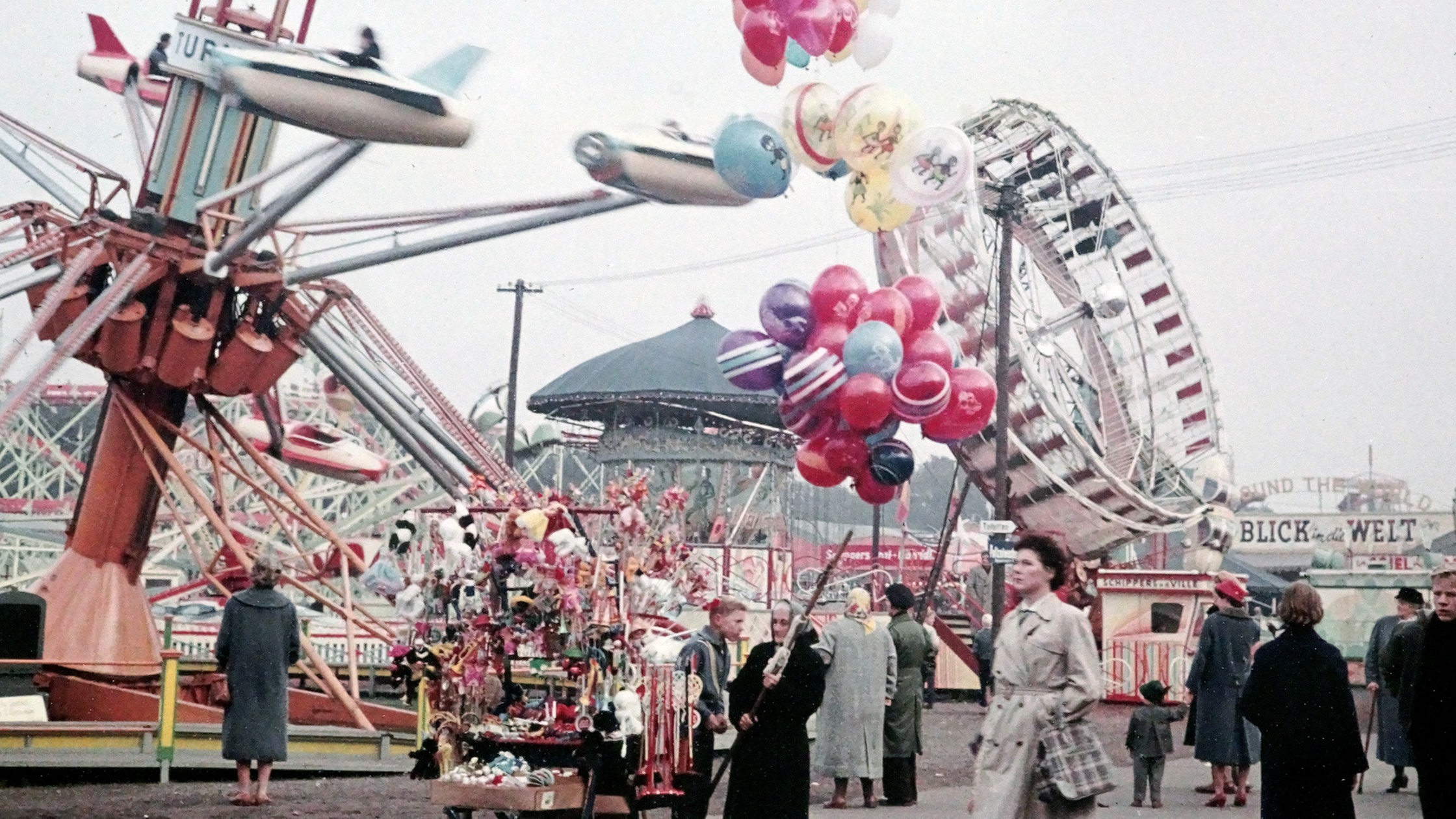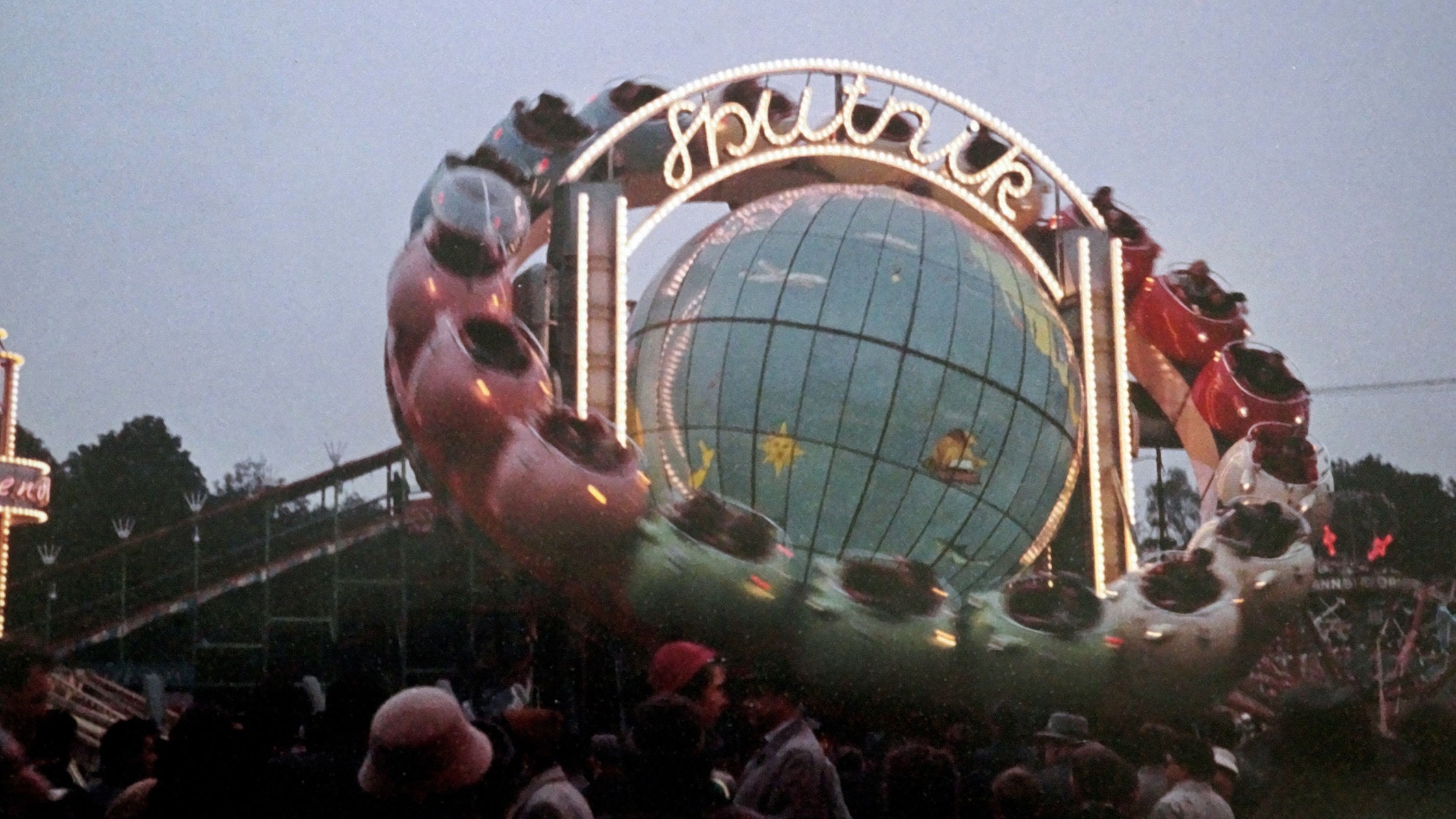
by Cora Buhlert
Tragedy in the Aegean Sea
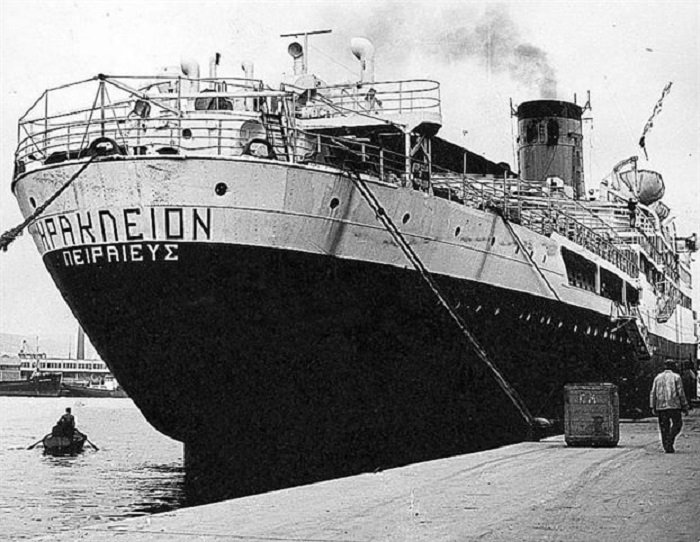
On the North and Baltic Sea as well as on the Mediterranean Sea, dozens of ferries shuttle people, vehicles and cargo across the waves every day. By now, they have become such an integral part of the transport network that envelops Europe that we often forget that these ships are not without risk.
On December 7, 1966, the ferry SS Heraklion left the port of Chania on Crete, Greece, en route to Piraeus. In spite of harsh winds and heavy weather, it was to be a routine trip for the seventeen-year-old vessel and the 264 people aboard.
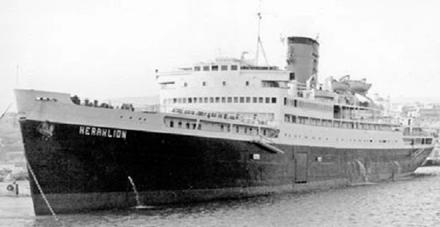
The Heraklion is a so-called roll-on/roll-off or RoRo ferry, i.e. it has been fitted with two doors in the hull, allowing cars and trucks to drive via a ramp directly into the hull. This is much easier than hauling vehicles on board by crane and allows for quicker loading times. However, such vessels have the drawback that there are large cargo doors in the hull near the water line, which can easily sink a ship, when not properly secured and watertight. And it was this feature which doomed the Heraklion.
According to witnesses, one of the vehicles aboard the Heraklion was a refrigerated truck. The truck was late to arrive and was loaded hastily and likely not properly lashed. Due to the heavy storm, the truck tore itself loose and shifted around inside the hold, until it banged against one of the cargo doors. The door failed, the truck fell into the ocean and water flooded the cargo hold, causing the Heraklion to capsize and sink within thirteen minutes.
The crew sent out an SOS and began passing out life vests and lowering the lifeboats, but several boats could not be lowered due to the vessel's heavy list and mechanical problems. There are also reports that the captain abandoned the ship early contrary to tradition. Furthermore, the heavy weather impeded the rescue efforts. In the end, only forty six of the 264 people aboard survived. Ironically, the refrigerated truck which caused the disaster was found floating in the Aegean Sea the next morning.
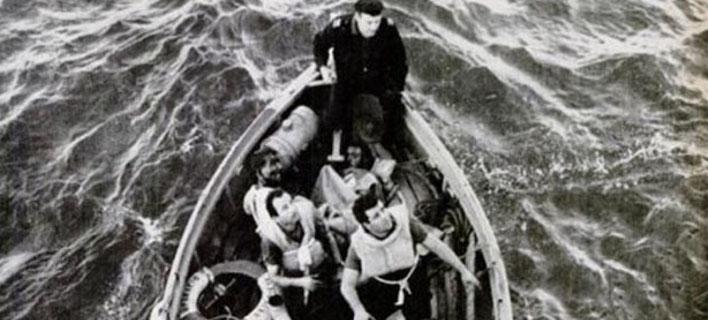
This is not the first time a RoRo vessel has sunk in heavy weather. In 1953, the British ferry MV Princess Victoria sank during a storm with the loss of all 133 souls aboard and one year later, typhoon Marie sank five RoRo vessels in Japan, causing the loss of more than a thousand lives. RoRo vessels are practical, but we will need to rethink their safety, particularly during storms.
Disaster in Space
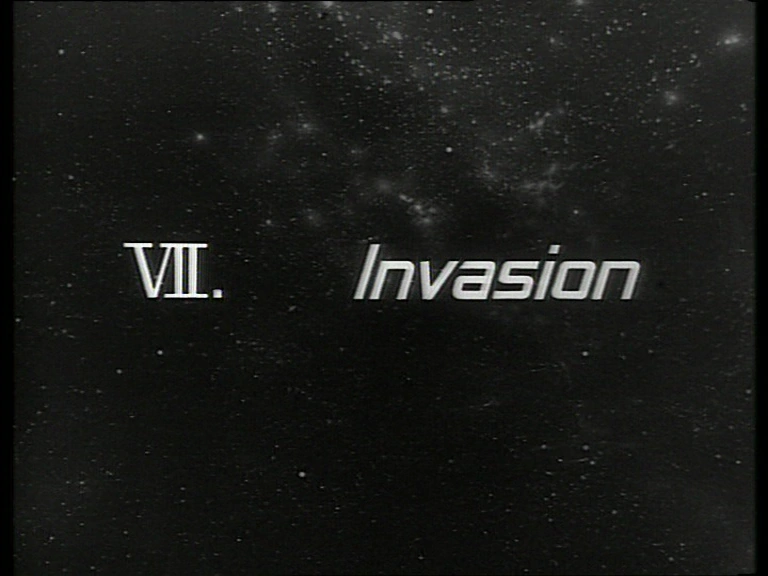
"Invasion", the final episode of series 1 of the West German science fiction TV series Raumpatrouille – Die phantastischen Abenteuer des Raumschiffs Orion (Space Patrol: The Fantastic Adventures of the Spaceship Orion) also starts out with a desperate SOS call. The space cruiser Tau en route to the outpost Gordon is battered by a severe lightstorm, and the crew are about to abandon ship. The Tau is a ship of the Galactic Security Service GSD, and on board is none other than GSD head Colonel Villa (Friedrich Joloff) and his staff.
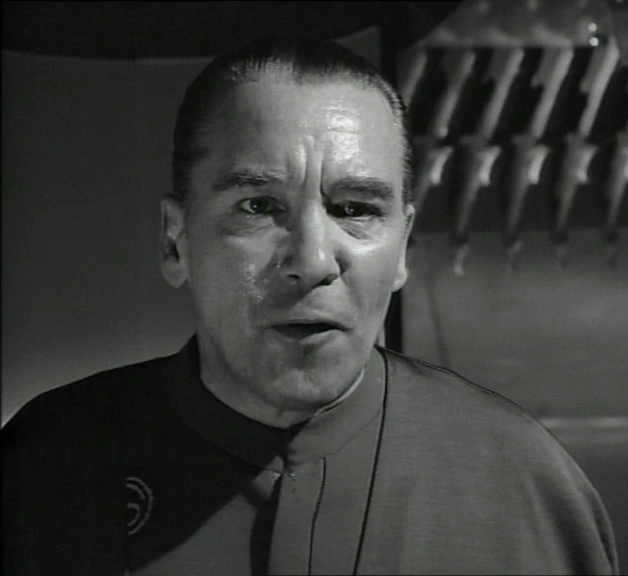
Just before the crew abandons the Tau, Colonel Villa manages to send a message to Commander McLane (Dietmar Schönherr) and General Wamsler (Benno Sterzenbach). Villa believes that Tau did not fall victim to an ordinary lightstorm but to alternating gravitational fields. Something similar happened to the Orion 7 in episode 1 during a run-in with the Frogs. Contact with the Tau breaks off and all on board are believed lost.

At the Starlight Casino, McLane and security officer Tamara Jagellovsk (Eva Pflug) raise a glass to the memory of Colonel Villa, "a pacifist among generals", as McLane calls him, when they receive word that Villa and his staff have been found alive, though the crew of the Tau perished.
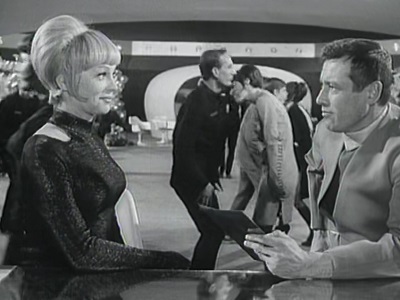
What Happened to Villa?
McLane is summoned to a meeting with the general staff to discuss the fate of the Tau. Colonel Villa remarks that he and his staff were lucky to survive the lightstorm that destroyed the Tau. McLane points out that Villa himself reported that the Tau was attacked by alternating gravitational fields.
Colonel Villa, however, claims not to remember any alternating gravitational fields. He also claims to have been suffering from shock – a diagnosis confirmed by psychiatrist Dr. Requardt (Konrad Georg) – so he may well have been babbling nonsense.
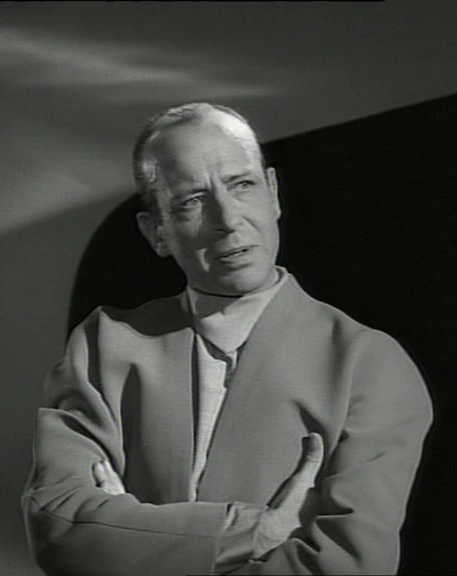
Regular viewers know that Colonel Villa is not given to babbling nonsense. Not to mention that he seemed completely sane when he sent the final message from aboard the Tau. And so McLane is sceptical of Villa's explanation and requests permission to take the Orion to Gordon to investigate. However, he is denied permission and the Orion is ordered to do routine maintenance work on the sensor satellites of the early warning system instead.
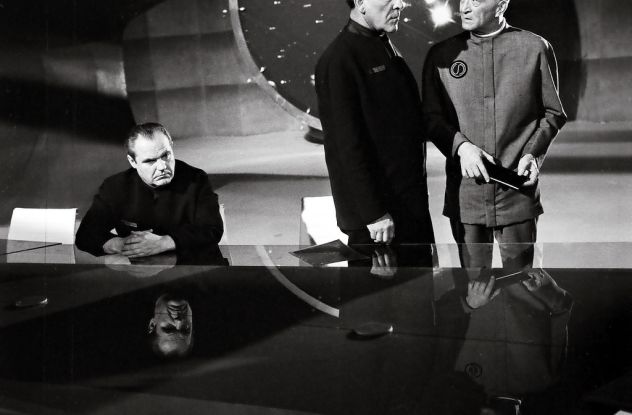
It is difficult to make "talking head" scenes visually interesting – and Orion has a lot of those. However, this particular boardroom scene is brilliantly shot with Villa's face reflected in the glass conference table, creating a mirror effect and making Villa appear sinister. Many West German directors working today are still influenced by the expressionist cinema of the Weimar Republic era and Space Patrol Orion uses the visual techniques pioneered forty years ago to great effect.
Suspicious Minds
Just before the Orion 8 is due to launch, their order is cancelled. A GSD vessel will perform the maintenance of the sensor satellites, even though this falls outside their scope of responsibility.
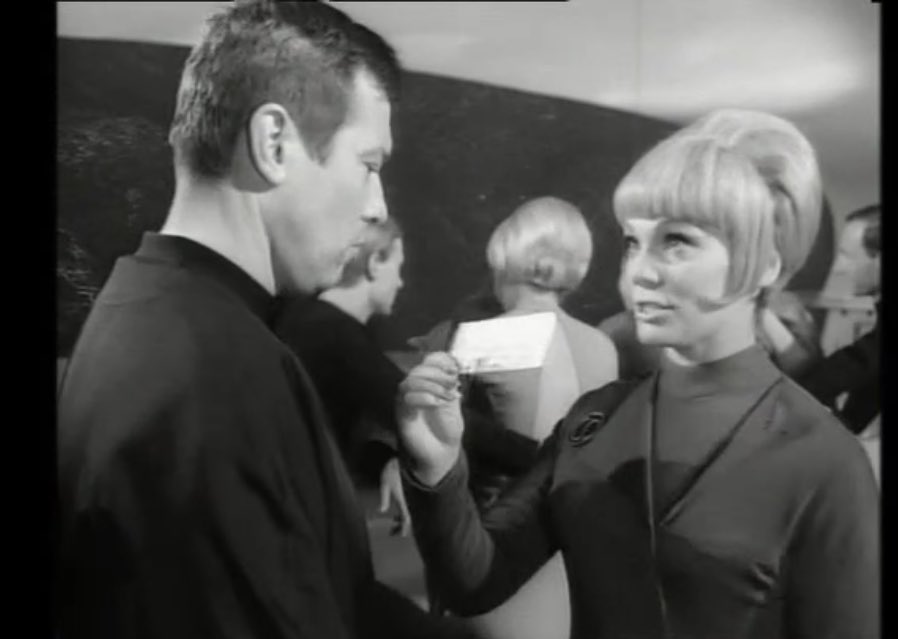
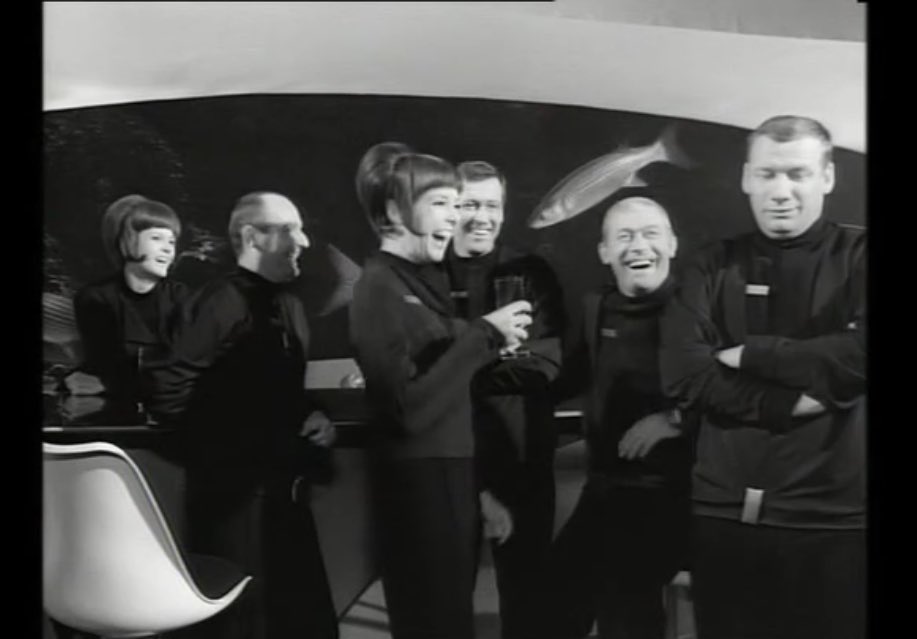
Tamara and McLane share a drink at the Starlight Casino, where they meet Colonel Mulligan (Wolf Rathjen), the officer in charge of the undersea launch bases. Mulligan had been commended for his exemplary service only days before, but now he was relieved from duty without any warning. Instead, the GSD will take over control of the launch bases.
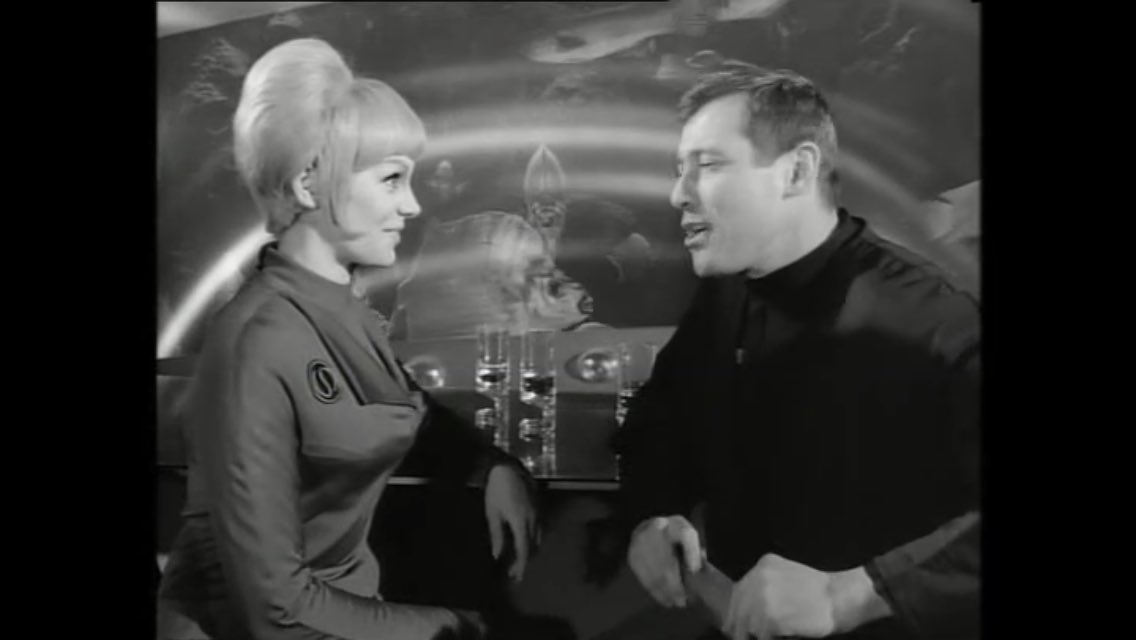
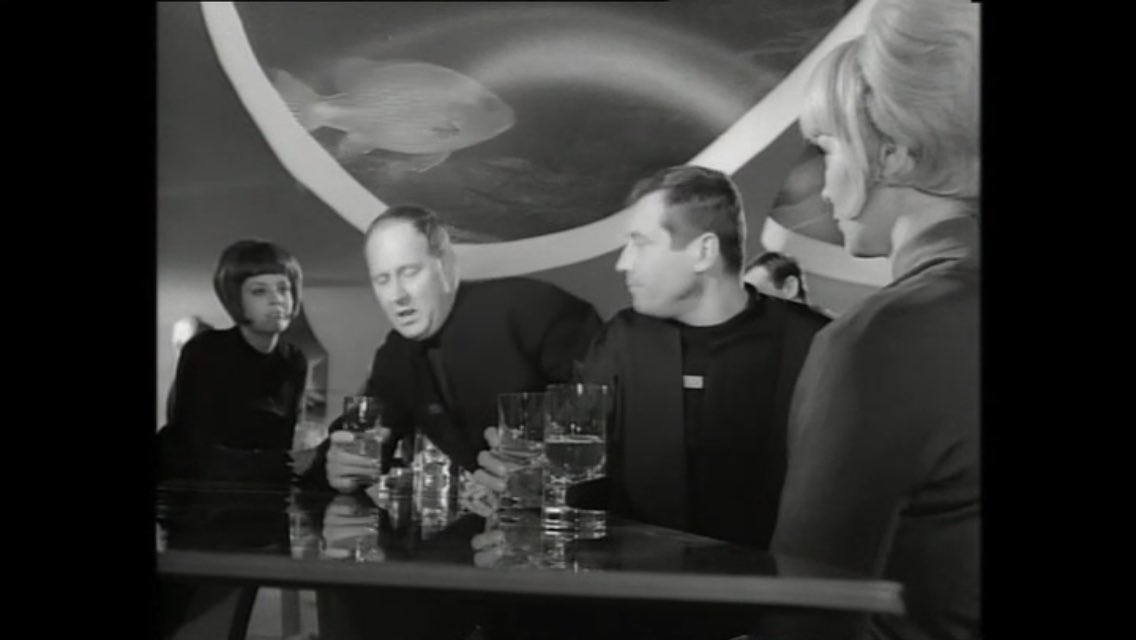
All this is very suspicious. Why does an intelligence agency like the GSD suddenly take over routine but vital tasks like maintaining the sensors of the early warning system or controlling the launch bases for space fleet vessels?
"If I didn't know better…" McLane muses, "…I'd say that Villa was planning a coup."
The idea that the staunchly loyal Colonel Villa might be planning a coup seems ridiculous. On the other hand, Villa has been acting strangely ever since his return from Gordon. And there are unanswered questions about how Villa and his staff managed to survive the disaster that destroyed the Tau. What if Villa was captured and brainwashed by the Frogs, like Alonzo Pietro in episode 4?
These suspicions are disturbing. But luckily, McLane has a direct line to the GSD in the form of Tamara. And so he asks Tamara – who clearly was hoping for something more exciting from an evening in McLane's bachelor pad than discussing conspiracy theories – to go to Villa and request a meeting for McLane. And while Tamara is already at GSD headquarters, she can take the opportunity to snoop around a little.
Spy Trap
Tamara is not happy about spying on her boss, but she agrees to do it for McLane's sake. Villa seems his usual self and also agrees to see McLane, which is a good sign. Villa also implies that he knows that the relationship between McLane and Tamara is no longer purely professional, but then Villa is smarter than the average general in this show.
After her meeting with Villa, Tamara sneaks into an empty office and calls up the files from Villa's trip to Gordon on the computer. However, before she can access the files, Villa's face suddenly appears on the screen. He knew all along what Tamara was planning and let her snoop around to see what she and McLane know. As I said, he is smarter than the average general.
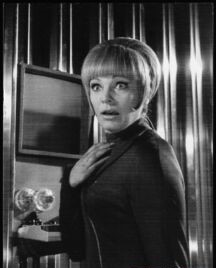
Tamara is arrested and interrogated. "So it's true?" Tamara exclaims, "You are planning a coup." In response, Villa laughs and it is a truly bone-chilling laugh. "Coups are for little boys and military officers," he replies, "I have much bigger plans such as an invasion, so Earth can finally be ruled by truly intelligent lifeforms." These truly intelligent lifeforms are of course none other than the Frogs.
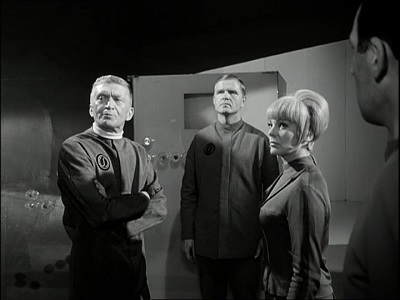
Over the past seven episodes, we have come to know Colonel Villa. During the many scenes featuring the general staff, Villa was invariably the smartest person in the room. Thankfully, he also had a conscience. When war-mongers like Sir Arthur (Franz Scharfheitlin) and Marshall Kublai-Krim (Hans Cossy) wanted to shoot first and ask questions later, Villa was truly "a pacifist among generals" to quote McLane.
Evil Villa, on the other hand, is terrifying. He is still as smart as ever, but utterly without scruples. When his subordinates want to kill Tamara, he icily orders them to lock her up instead, because she might still be of use as leverage against McLane.
Brainwashing and turning a previously loyal person into an enemy agent is one of the great fears of our age, expressed in works such as Richard Condon's 1959 thriller The Manchurian Candidate and its 1962 film adaption or this year's brilliant science fiction thriller Babel-17 by Samuel R. Delany. Orion already addressed this theme in "Deserters", but for "Invasion" the show dials up the paranoia inherent in such tales.
We watch Villa and his robot-like staff discussing the invasion plans, which involve disabling the deep space sensors, disrupting communications with Space Patrol headquarters, recalling all space cruisers to Earth and blowing up the undersea launch bases, so no ships can start.
A Traitor on Board
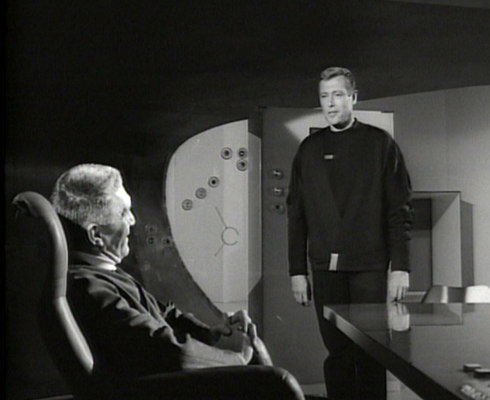
In order to maintain his cover, Villa meets with McLane and also authorises him to take the Orion to Gordon. Moreover, Villa helpfully sends along the engineer Kranz (French actor Maurice Teynac) to equip the Orion with a forcefield to protect it against Frog attacks.
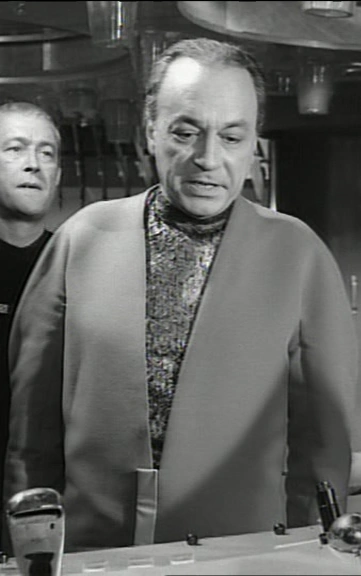
However, Villa also informs McLane that Tamara will not be along for the mission, since she is attending a training course. McLane is once again suspicious, for Tamara never mentioned a training course.
On their way to Gordon, Helga Legrelle (Ursula Lillig) detects a fleet of Frog ships headed for Earth. The Orion attempts to hail Space Patrol headquarters to warn them, but due to Villa's machinations neither the Orion nor any other space cruiser can reach them, because all calls are rerouted to the GSD.
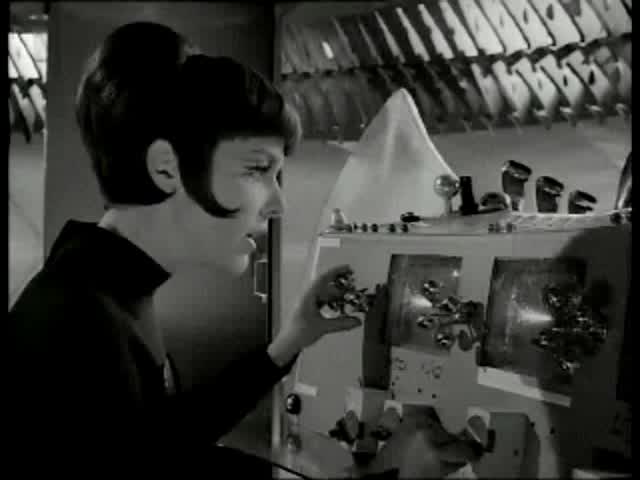
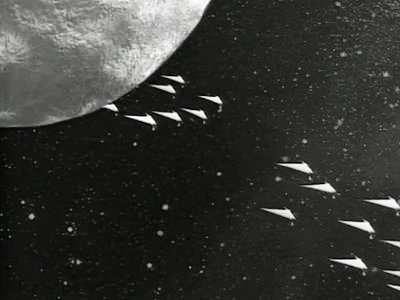
McLane also disarms Kranz – just to be on the safe side. One of his calls finally reaches Colonel Villa's office, but of course Villa is now working for the Frogs. He orders McLane to relinquish all weapons to Kranz or he will kill Tamara. "And just in case you're thinking that the greater good justifies some sacrifices…" Villa says chillingly, "…I will order my men to use the HM3 gun which will cause a particularly painful death."
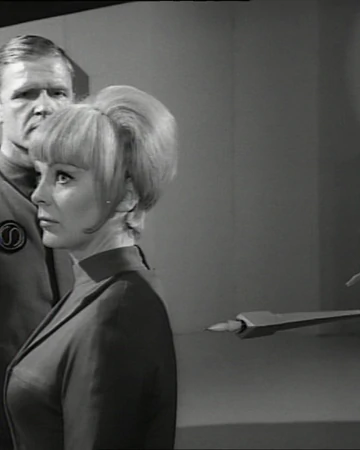
If the past six episodes have shown one thing, it's that McLane's first priority is always saving lives, especially when someone he cares about is in danger. Nonetheless, McLane does not make the decision alone and asks his crew for advice. Everybody immediately agrees to surrender and save Tamara – even Helga, who doesn't particularly like her. This scene illustrates better than anything how Tamara's role on board has changed since the first episode. She is one of the crew now and they will do everything in their power to save her.
Spring-Brauner to the Rescue
While Villa threatens Tamara, she manages to press the intercom button, so that Villa's conversation with McLane is broadcast directly to Space Patrol headquarters. General Wamsler's aide Liteutenant Spring-Brauner (Thomas Reiner) is dozing on duty, but the word "invasion" wakes him up and he raises the alarm.
Wamsler sends a squad led by Spring-Brauner to arrest Villa and his staff and rescue Tamara, but it is too late. Villa's plan has entered the next phase. His goons have recalled all space cruisers to Earth and also blow up the undersea launch bases in an impressive special effect. The Supreme Space Command can't launch any ships to stop the invasion.
Meanwhile, the Orion is still on course to Gordon, but now under the control of Kranz. "It will be like falling asleep," Kranz describes the fate that will befall the crew on Gordon, "And when you wake up, you will see everything in a completely new light."
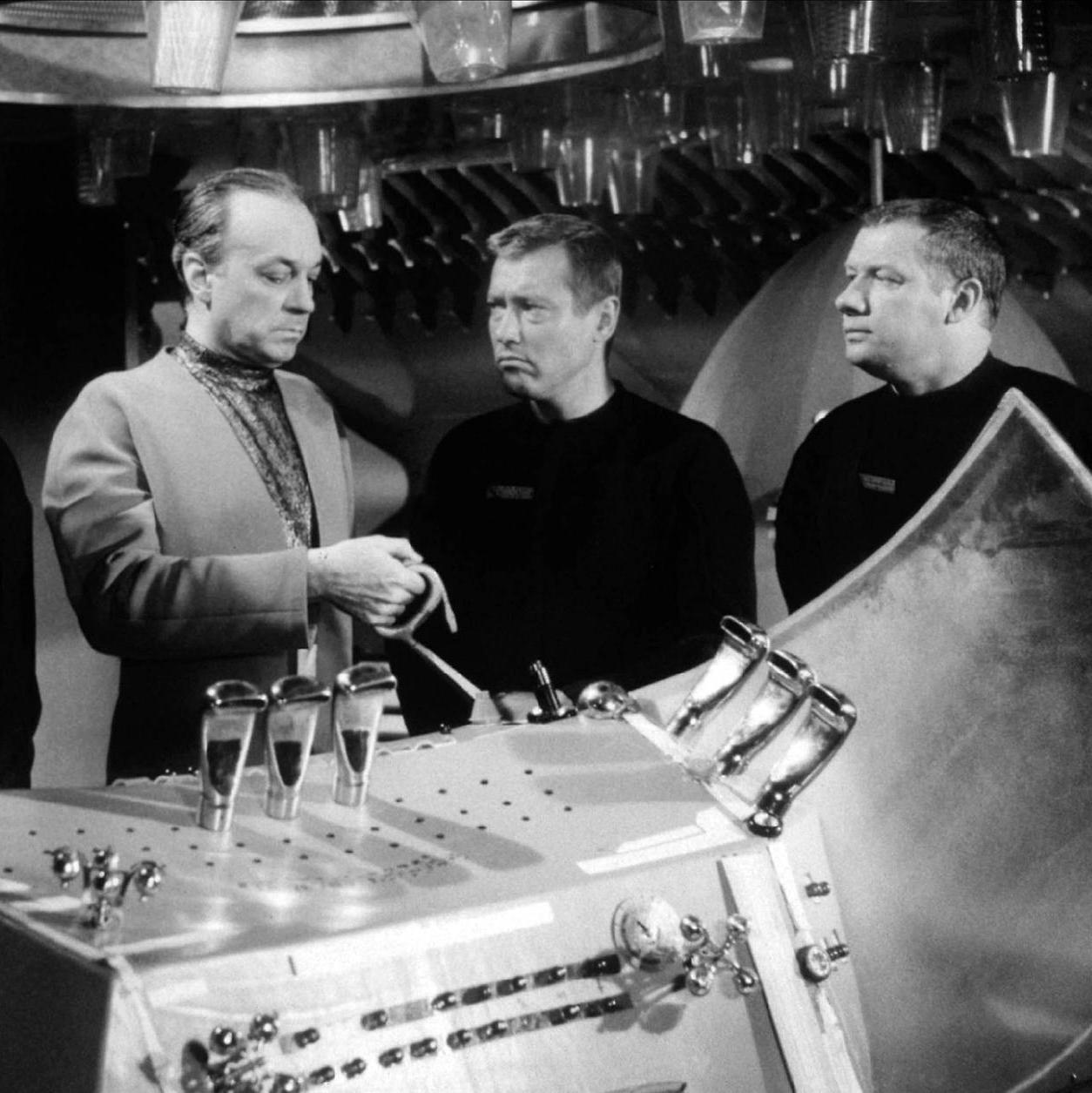
Kranz may be an engineer, but he has no experience with space drives. And so Hasso Sigbjörnson (Claus Holm) fakes an engine problem that requires the Orion to fly at half speed.
Stop the Orion
Back on Earth, the assembled generals, Spring-Brauner and Tamara watch the invasion fleet closing in. Automated ray gun batteries decimate the fleet, but there are still too many Frog ships and Earth has no way to stop them.
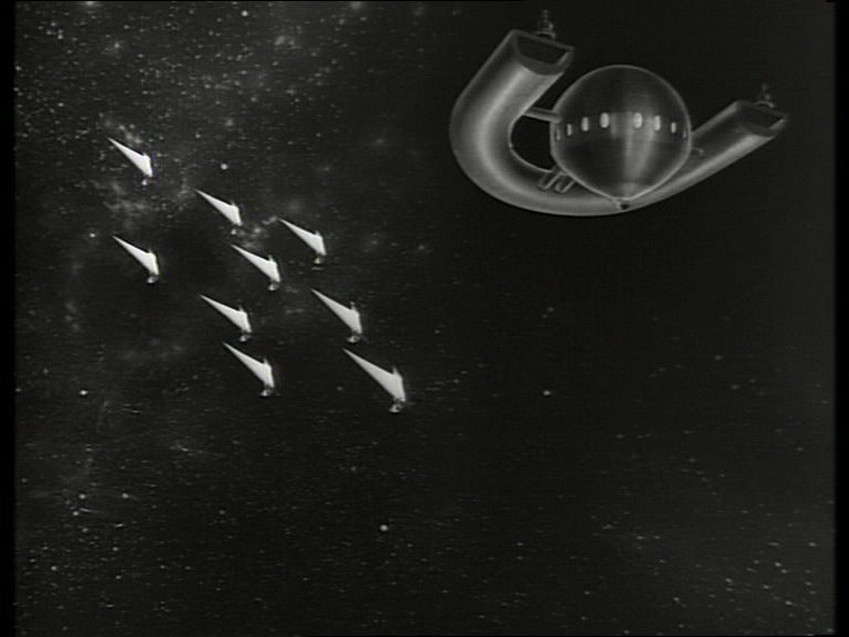
Eventually they realise that the Frog ships are powered via a beam from Gordon station, which is why they don't deviate from their course even when faced with heavy fire. Take out Gordon station and the invasion fleet will be left adrift.
However, the only spaceship which has a fighting chance to reach Gordon is the Orion and she is still under Kranz's control. Tamara notices that the Orion is flying at half speed and deduces that Hasso must have sabotaged the drive to stall Kranz. A distraction would give the crew the chance to take out Kranz and regain control of the ship.
So the space cruiser Hydra under the command of General Lydia Van Dyke (Charlotte Kerr) is ordered to attack the Orion and provide that distraction. The ploy works, too, because once the Hydra fires on the Orion, McLane and his crew use the confusion to overpower Kranz. The Orion heads for Gordon and destroys the outpost with the Overkill device, which was introduced in episode 4.
Happy Endings
The episode ends as it began, with a meeting of the general staff. Luckily, only Villa and his staff, Kranz and the Gordon crew were under Frog control, but psychiatrist Dr. Regwart has no idea how to fix them. And though the invasion was repealed for now, the Frogs are still out there, waiting and biding their time.
However, the first series ends on a hopeful note. Due to his repeated heroism in fighting the Frogs, McLane's demotion is rescinded and he is assigned to the Fast Space Fleet Command under Lydia Van Dyke again. Even better, McLane has been promoted to Colonel, as General Wamsler gleefully lets McLane know, though he is clearly loath to lose his best man.
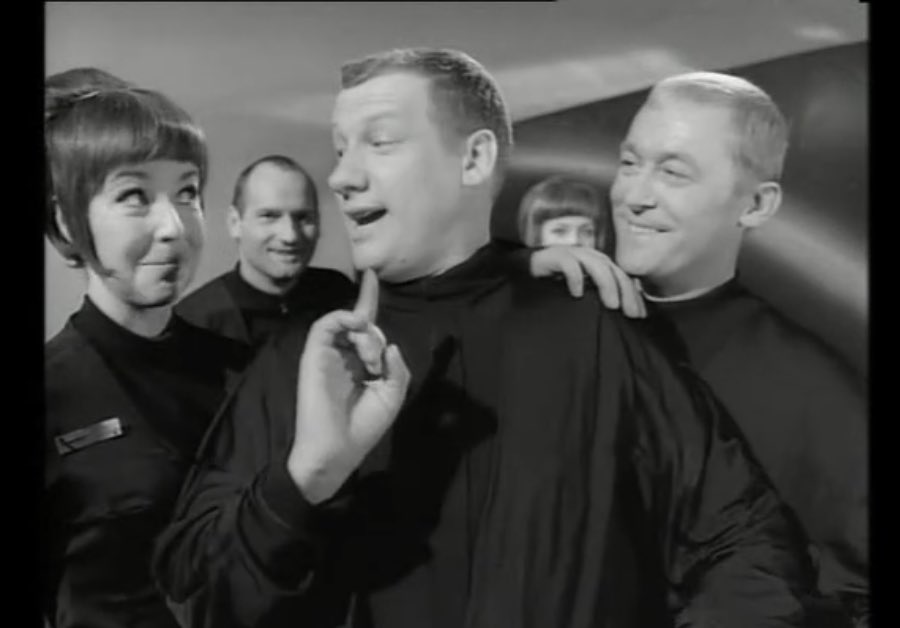
The generals file out of the conference room and the Orion crew heads to the Starlight Casino to celebrate McLane's promotion with Wamsler and Lydia Van Dyke. Only McLane and Tamara linger behind. For now that McLane has his old job back, there no longer is any need to assign a GSD officer to the Orion to keep him in check. However, to McLane's surprise – though not to anybody else's – McLane does not wish to leave Tamara behind. She is part of his crew now… and more than that.
McLane and Tamara discuss their initially rocky relationship, while McLane declares that he will not accept his promotion unless Tamara can stay aboard the Orion. They also address the kiss they shared on Chroma back in episode 5, when they thought they were about to die, a kiss never mentioned again afterwards. However, it was a good kiss, so McLane promptly kisses Tamara again.
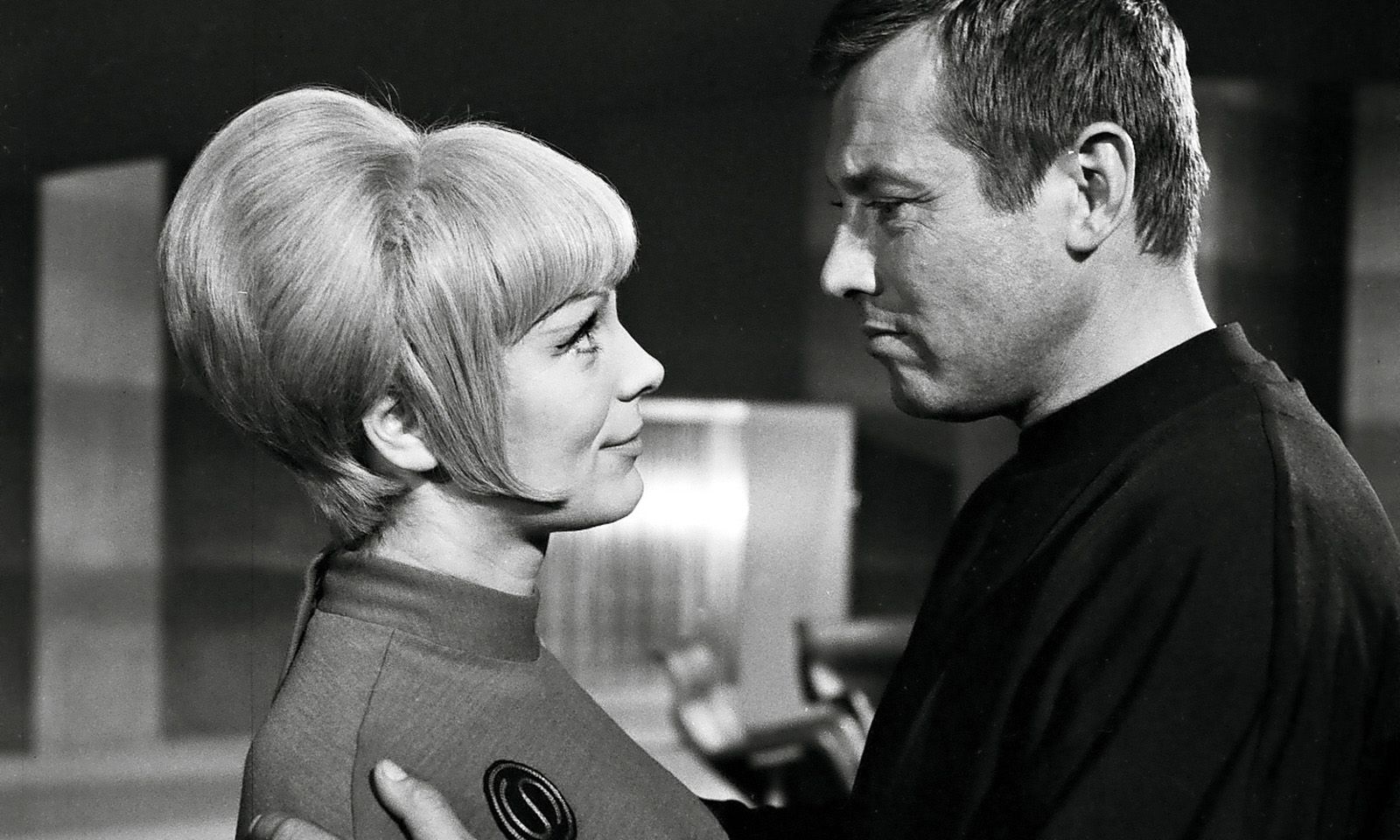
Their smooching is interrupted, when the big viewscreen in the conference room activates and Helga's face appears. She informs McLane that she bet with Mario de Monti (Wolfgang Völz) that McLane wouldn't even wait until they'd left the general staff's conference room to kiss Tamara. Helga has won a crate of champagne, though she still thinks McLane is a scoundrel. Mario is disappointed as well – after all, he lost his bet.
McLane and Tamara don't care; they kiss again.
West Germany Makes its Mark on Science Fiction
Raumpatrouille Orion is certainly the best work of filmic science fiction I have ever seen come out of West Germany. Not that this is a high bar, for until now West Germany produced very little in the way of science fiction.
However, Raumpatrouille Orion is also one of the best works of filmic science fiction I have ever seen, period. Maybe Doctor Who or the new US show Star Trek will eventually eclipse it, but for now Orion is my favourite science fiction TV show of all time. I love everything about it – the visuals, the actors, the characters and their interplay. Who would have thought that West Germany was capable of producing something this good?
TV seasons are shorter in West Germany and so the first series had only seven episodes. Though unlike many other TV shows, which tend to forget what happened only a week ago, Orion actually refers to previous episodes and works as a serialised whole.
So far, there has been no word if there will be a second series of Raumpatrouillle Orion, but I hope that we will see the Orion 8 and her valiant crew again. After all, series 1 ends with so many questions unanswered. Will Earth ever fully defeat the Frogs? Will Colonel Villa be restored to his old self? What adventures will the Orion have, now they are part of the Fast Space Fleet Command again? And how will the relationship between McLane and Tamara develop?
I hope the answers will soon come to a TV set near me.
An amazing capstone to a great series.
Five stars







![[December 18, 1966] The Manchurian Colonel: <i>Space Patrol Orion</i>, Episode 7: "Invasion"](https://galacticjourney.org/wp-content/uploads/2021/12/Raumpatrouille-Orion_1499343747406665-672x372.jpg)
![[December 6, 1966] Welcome to the Space Prison: <i>Space Patrol Orion</i>, Episode 6: "The Space Trap"](https://galacticjourney.org/wp-content/uploads/2021/12/091120-1731-orion-672x372.jpg)
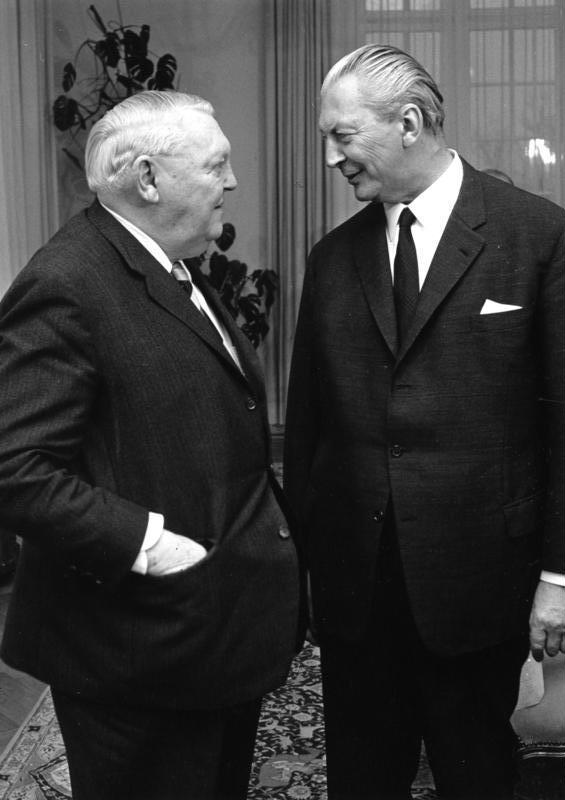
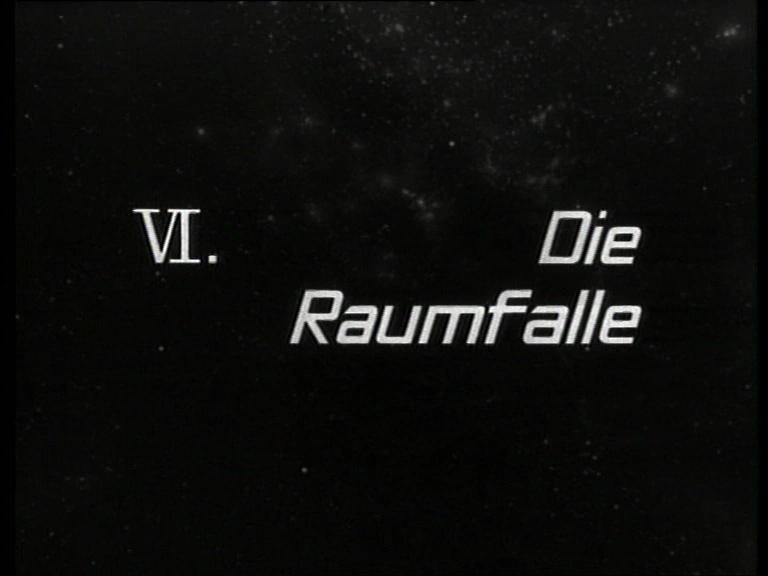
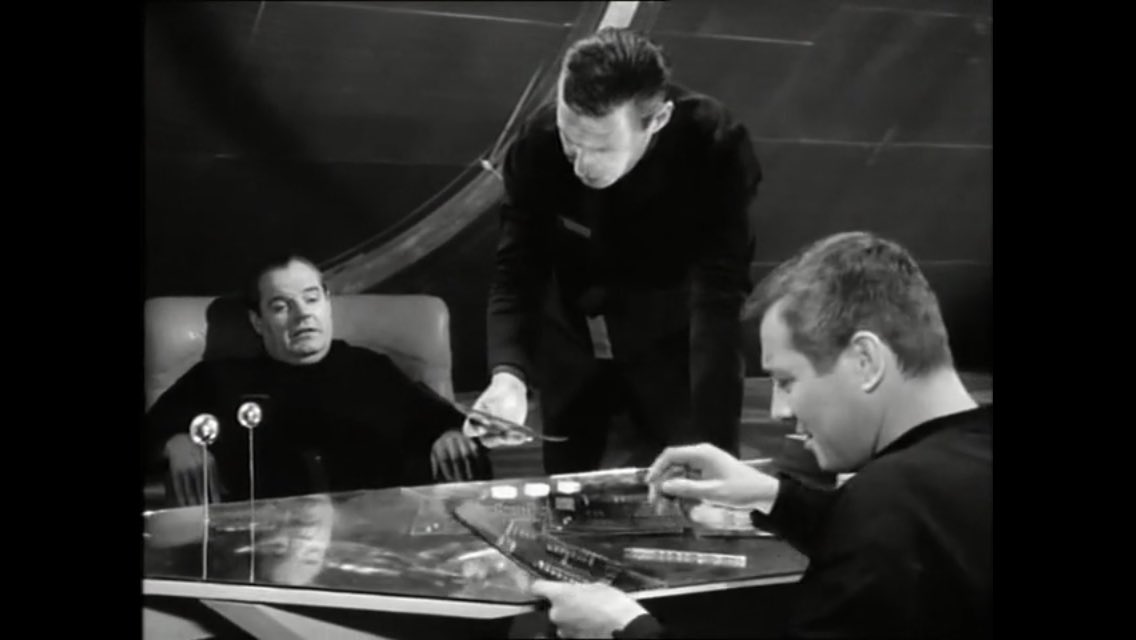
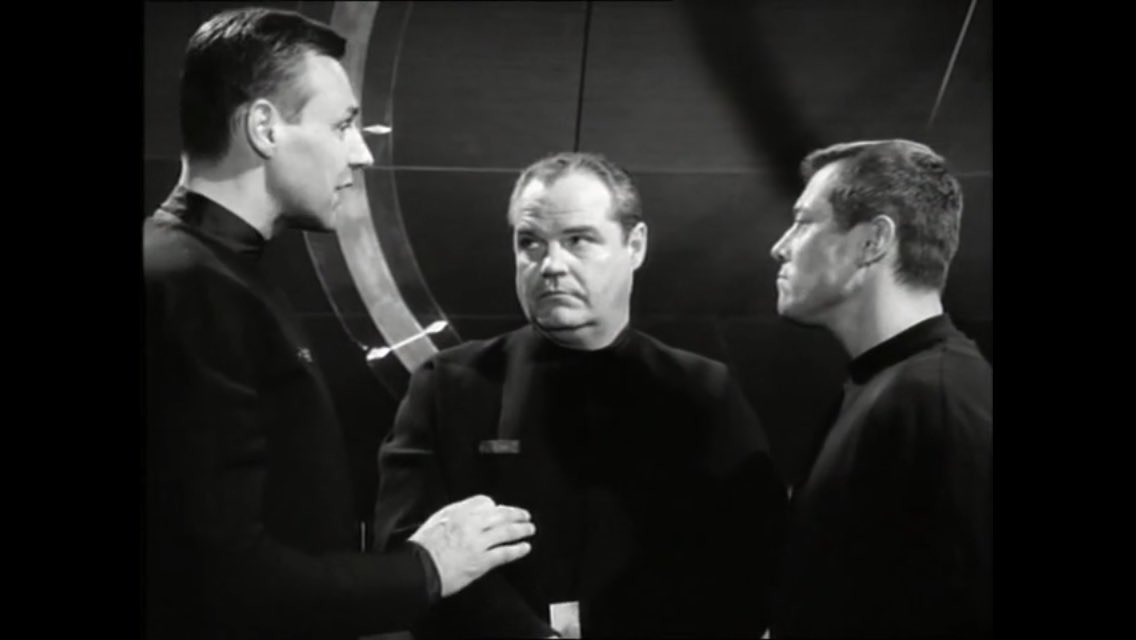
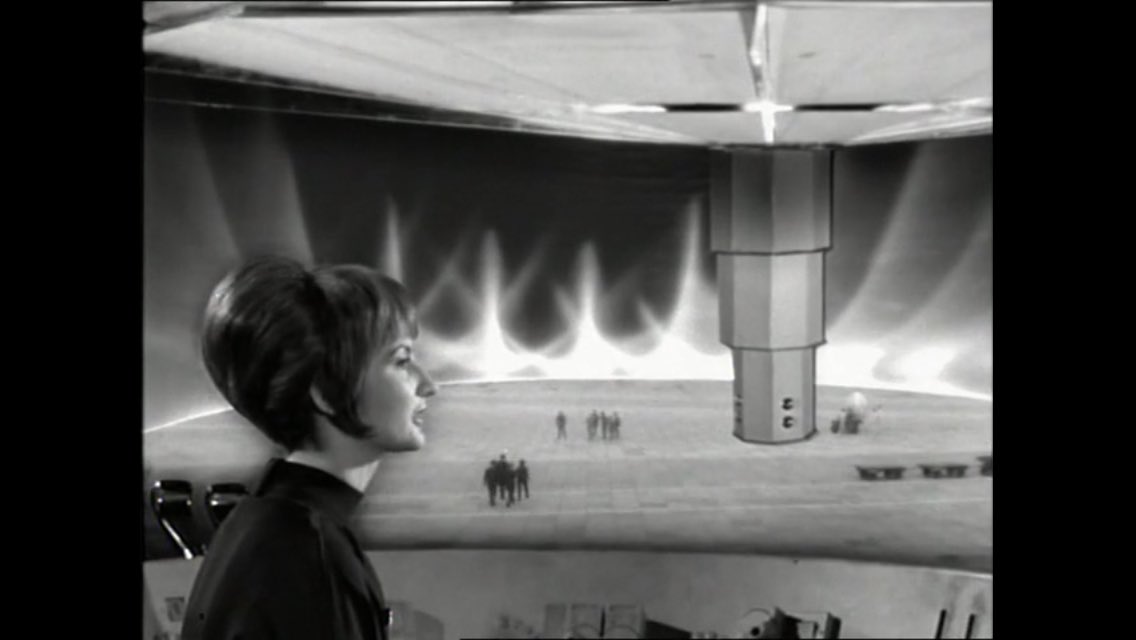
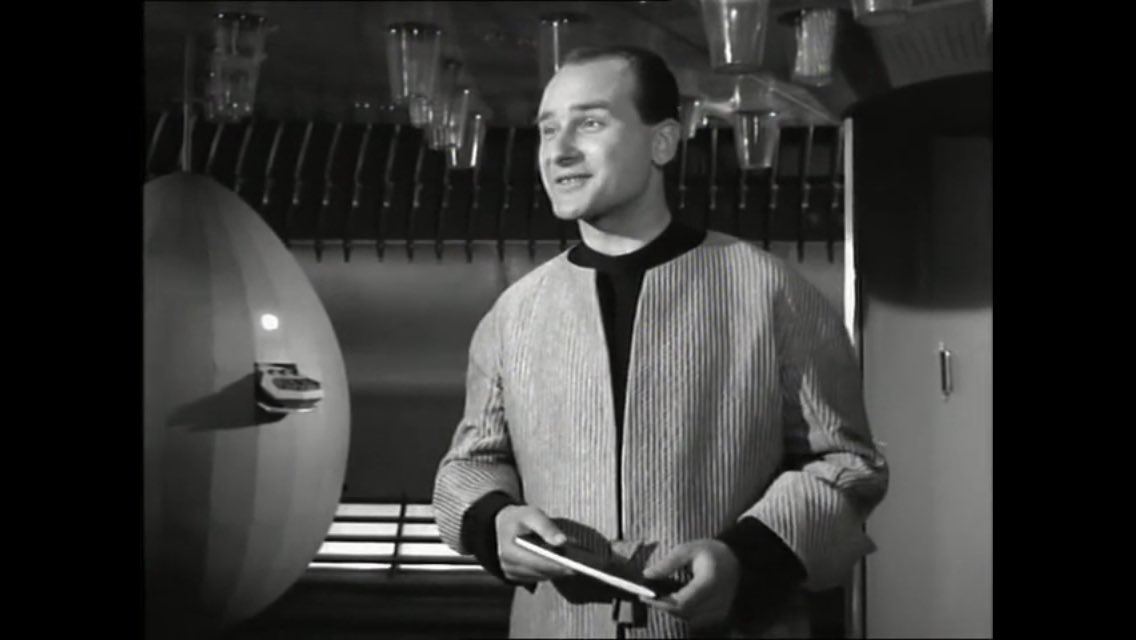
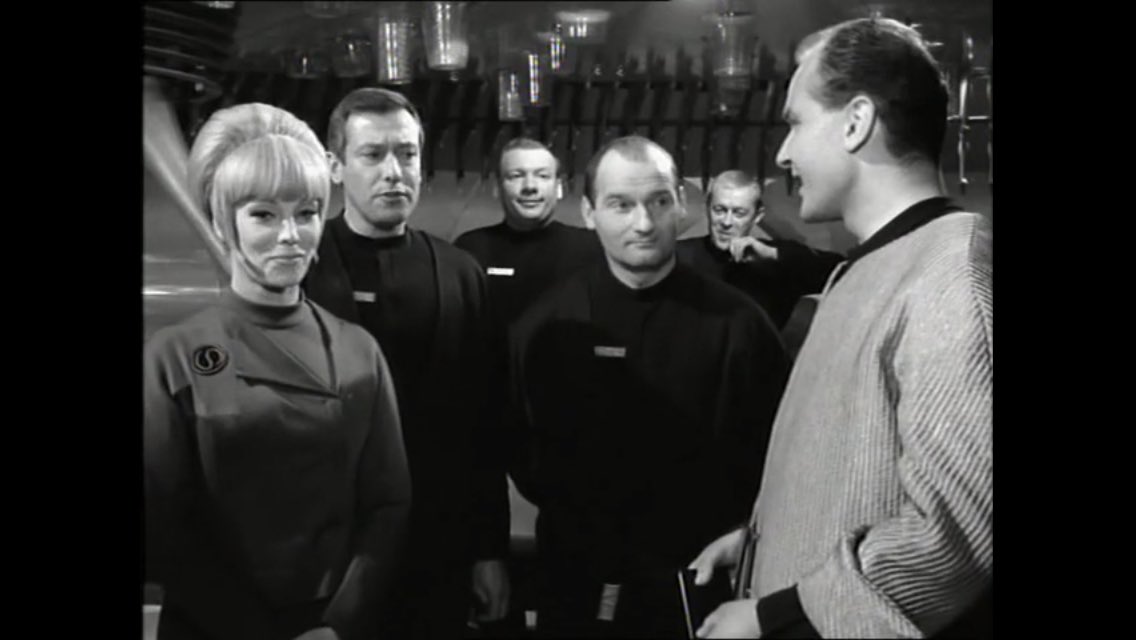
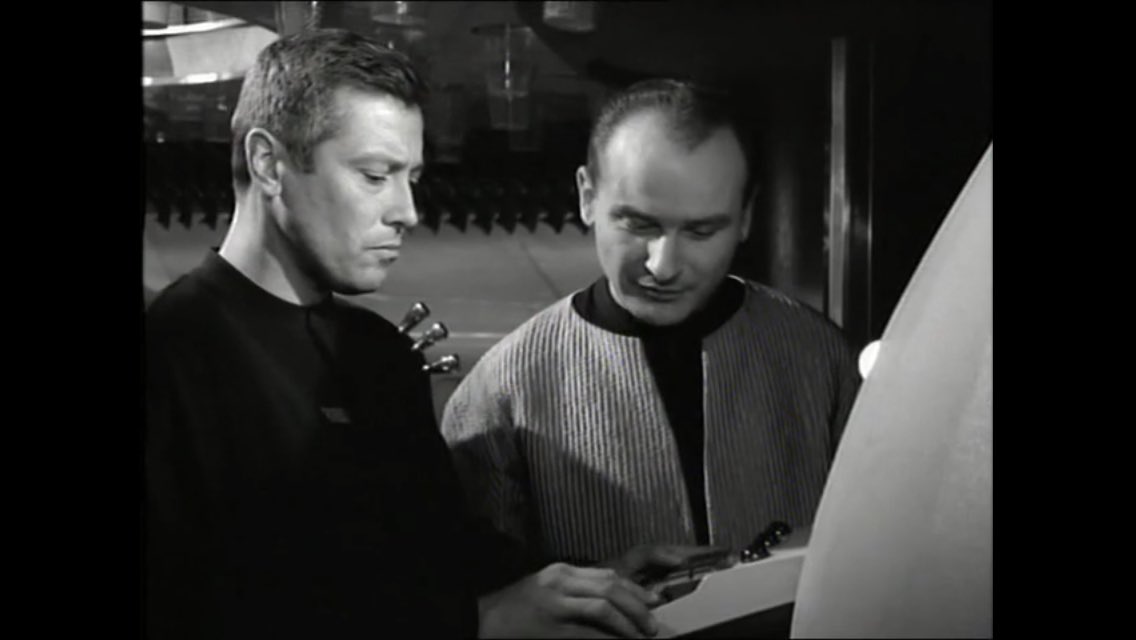
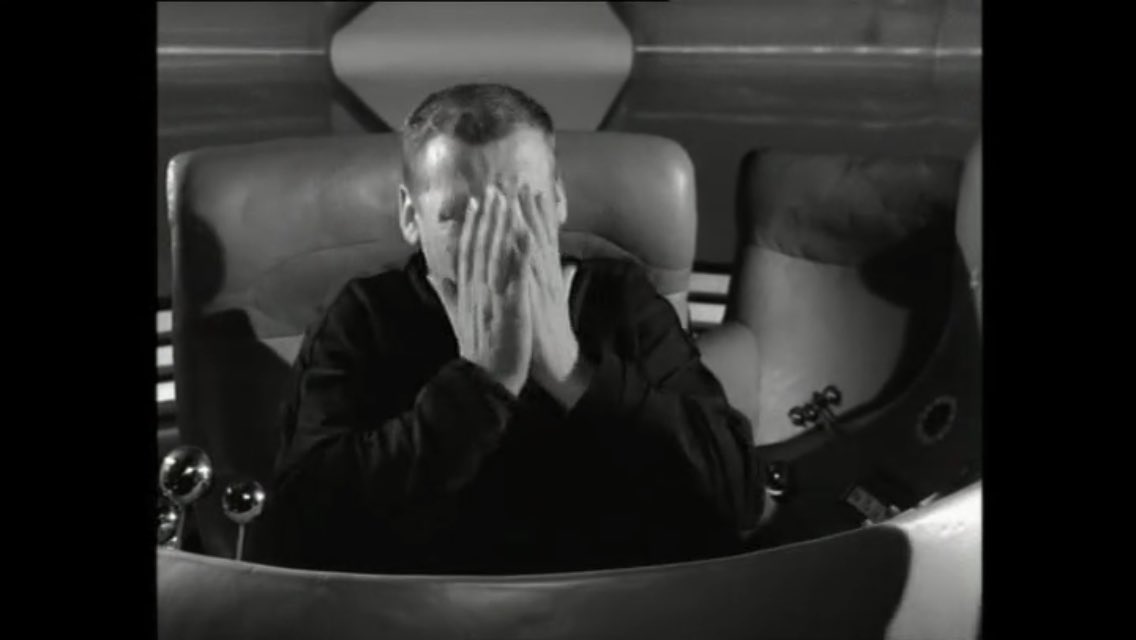
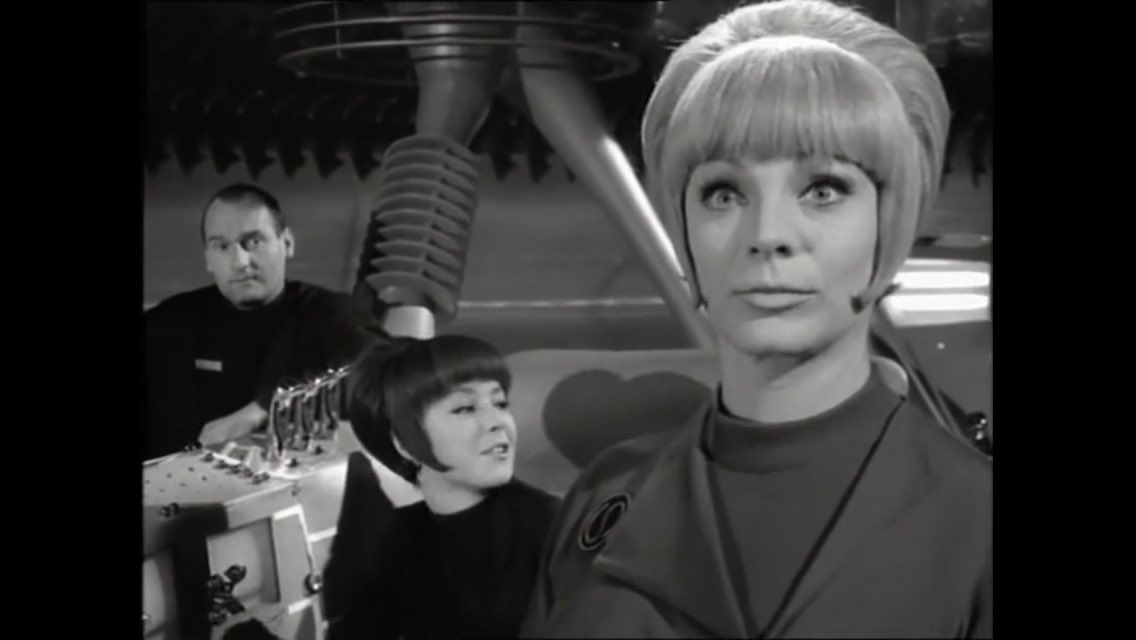
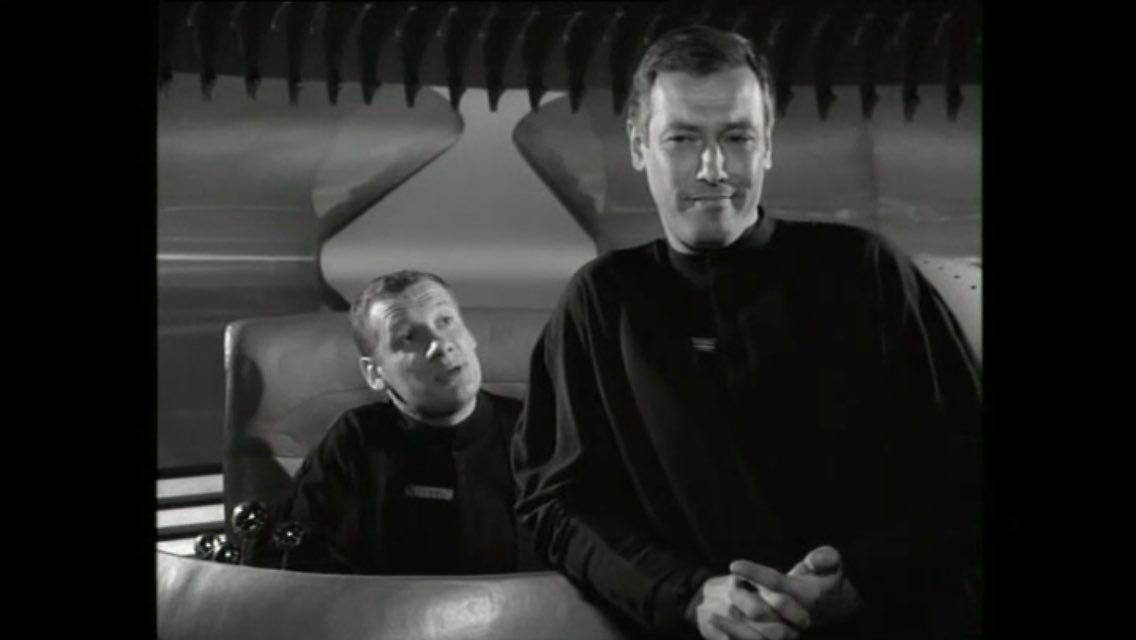
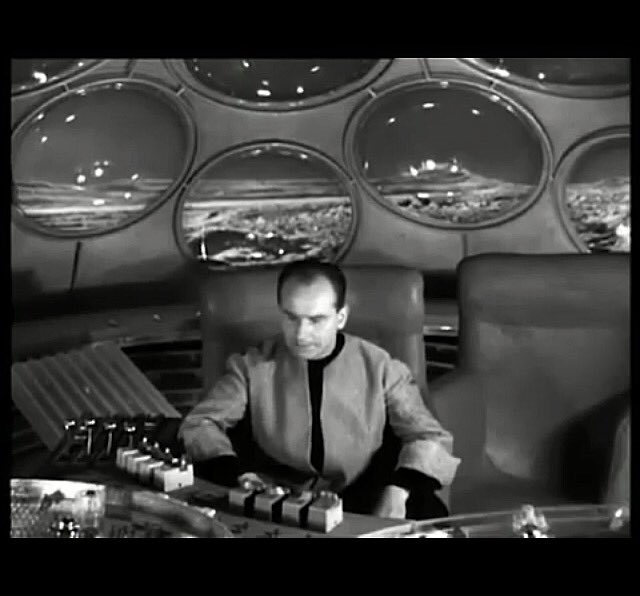

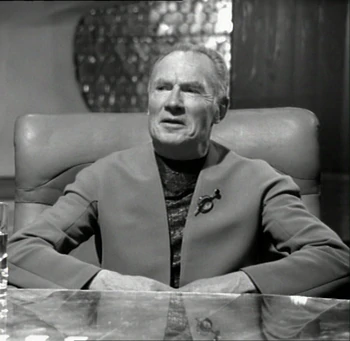

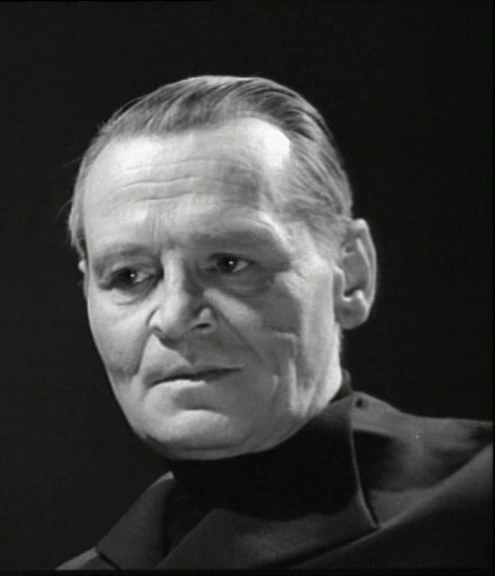


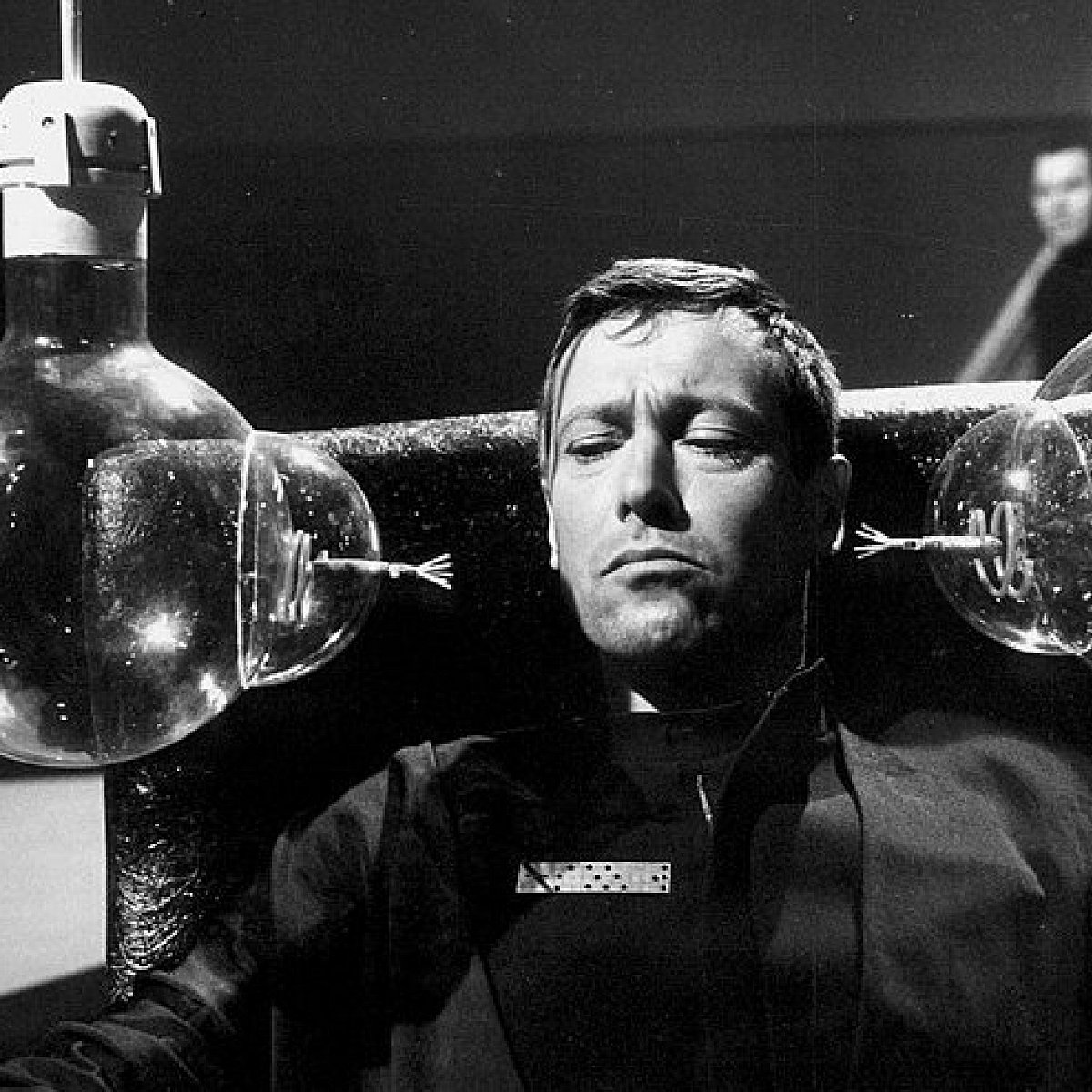
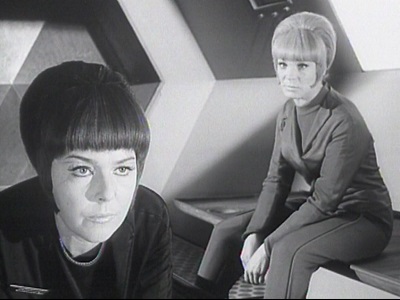
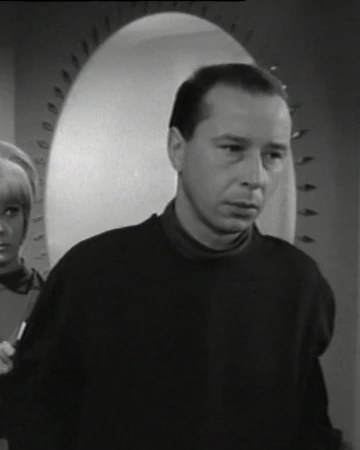
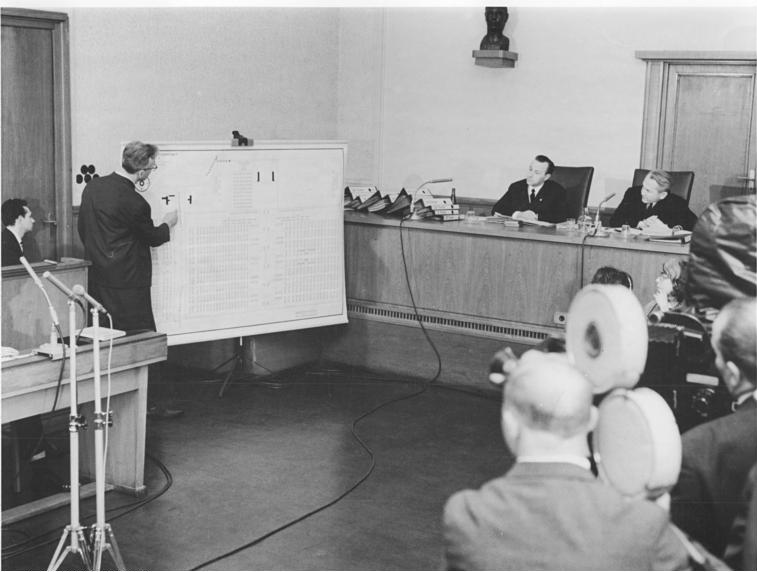
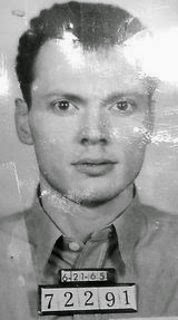

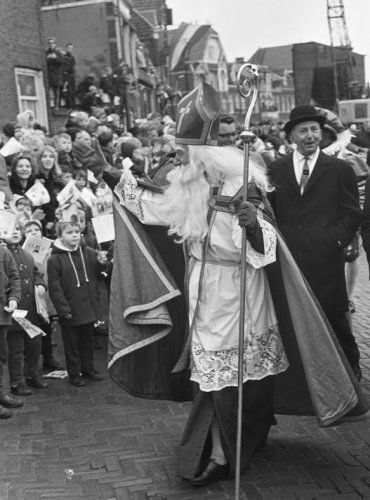
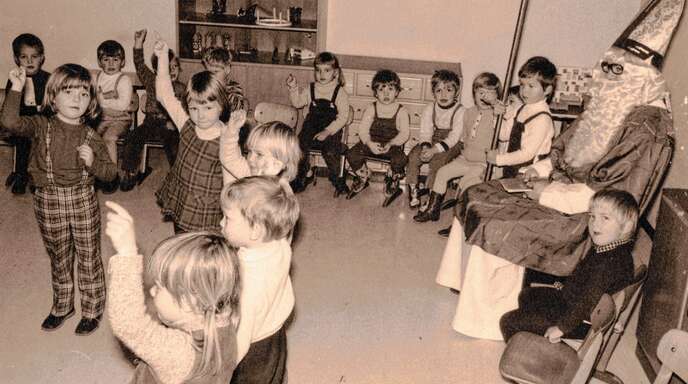

![[November 18, 1966] Environmental Disasters and the War of the Sexes: <i>Space Patrol Orion</i>, Episode 5, "Battle for the Sun"](https://galacticjourney.org/wp-content/uploads/2021/11/bb8a1e7c8e28399a08522ff2dc9b9cff-672x372.jpg)




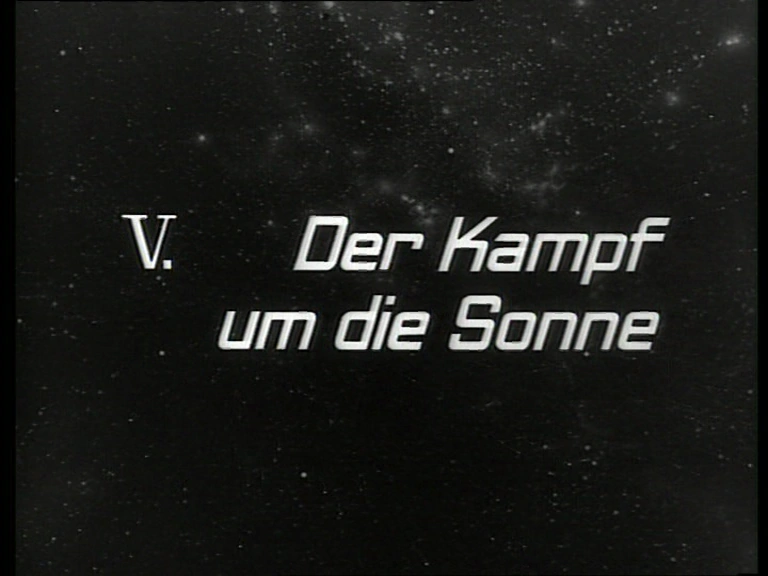
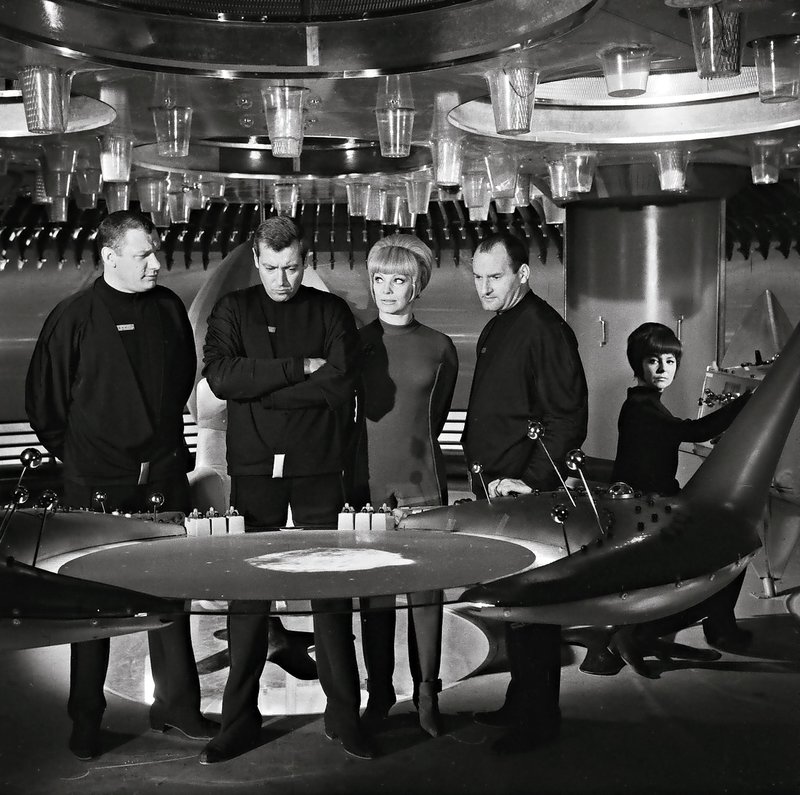
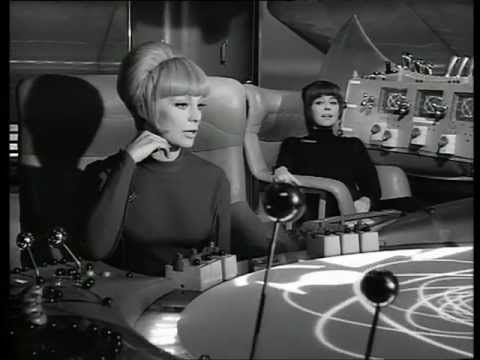
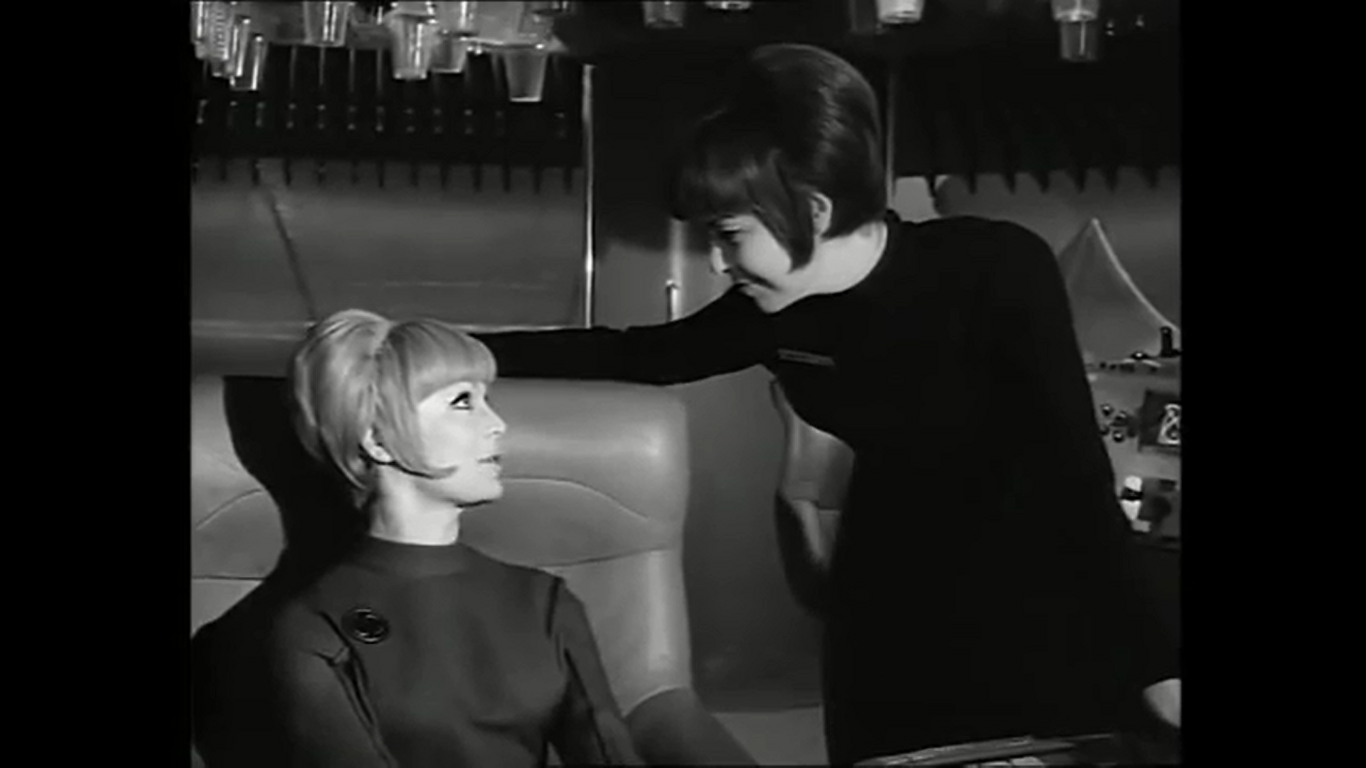
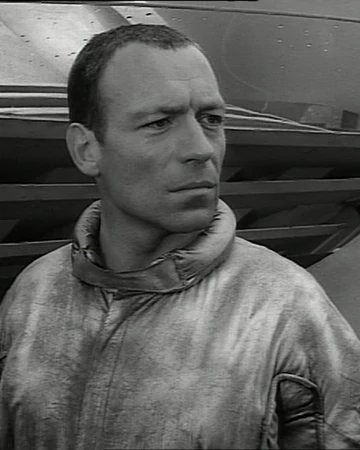
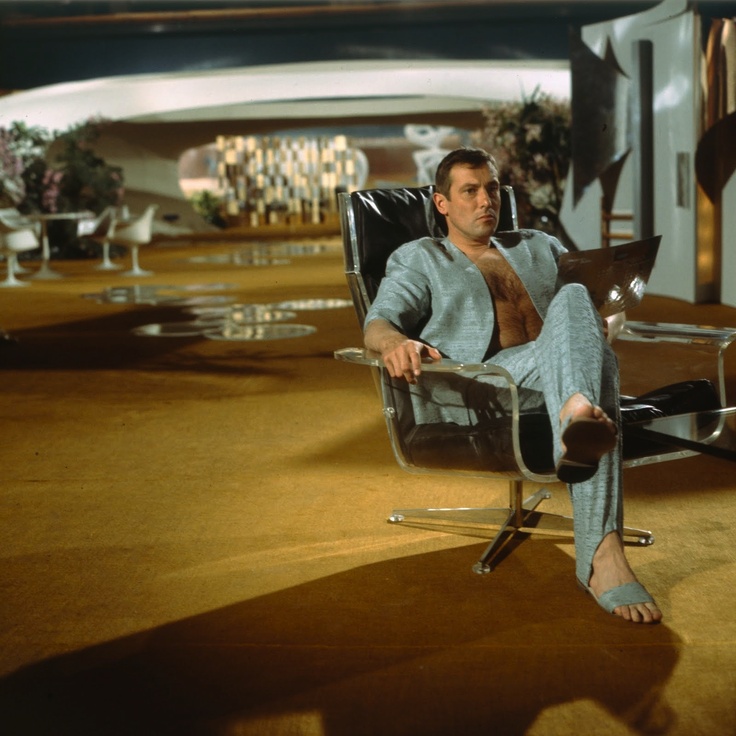
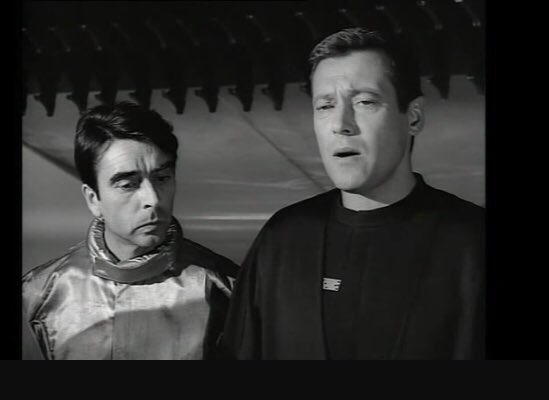
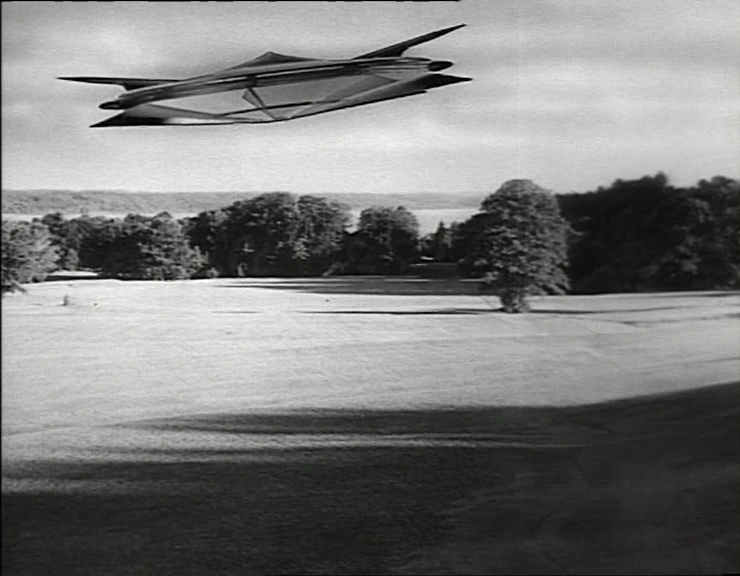
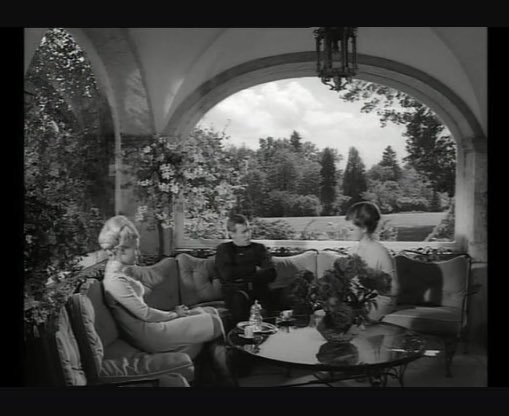
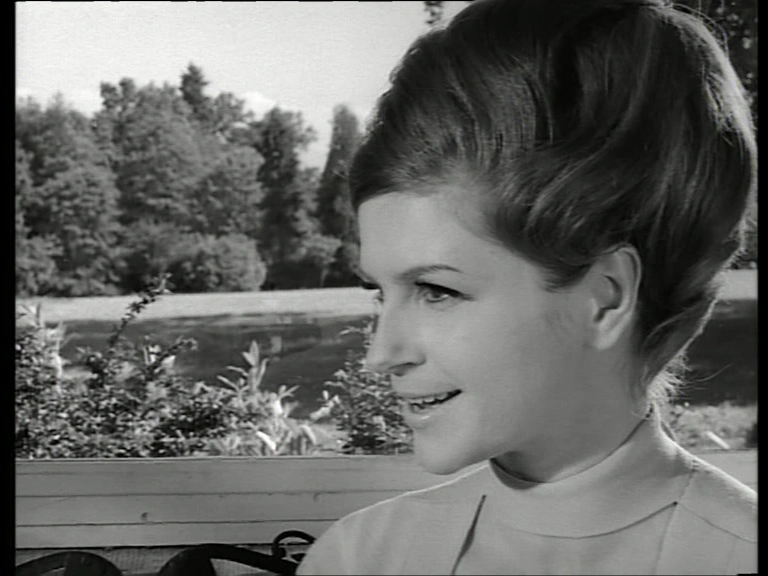
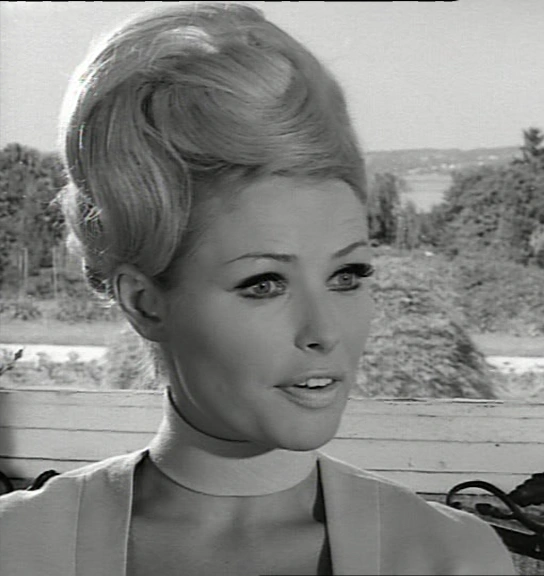

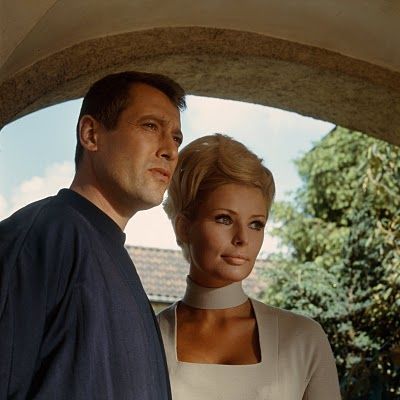
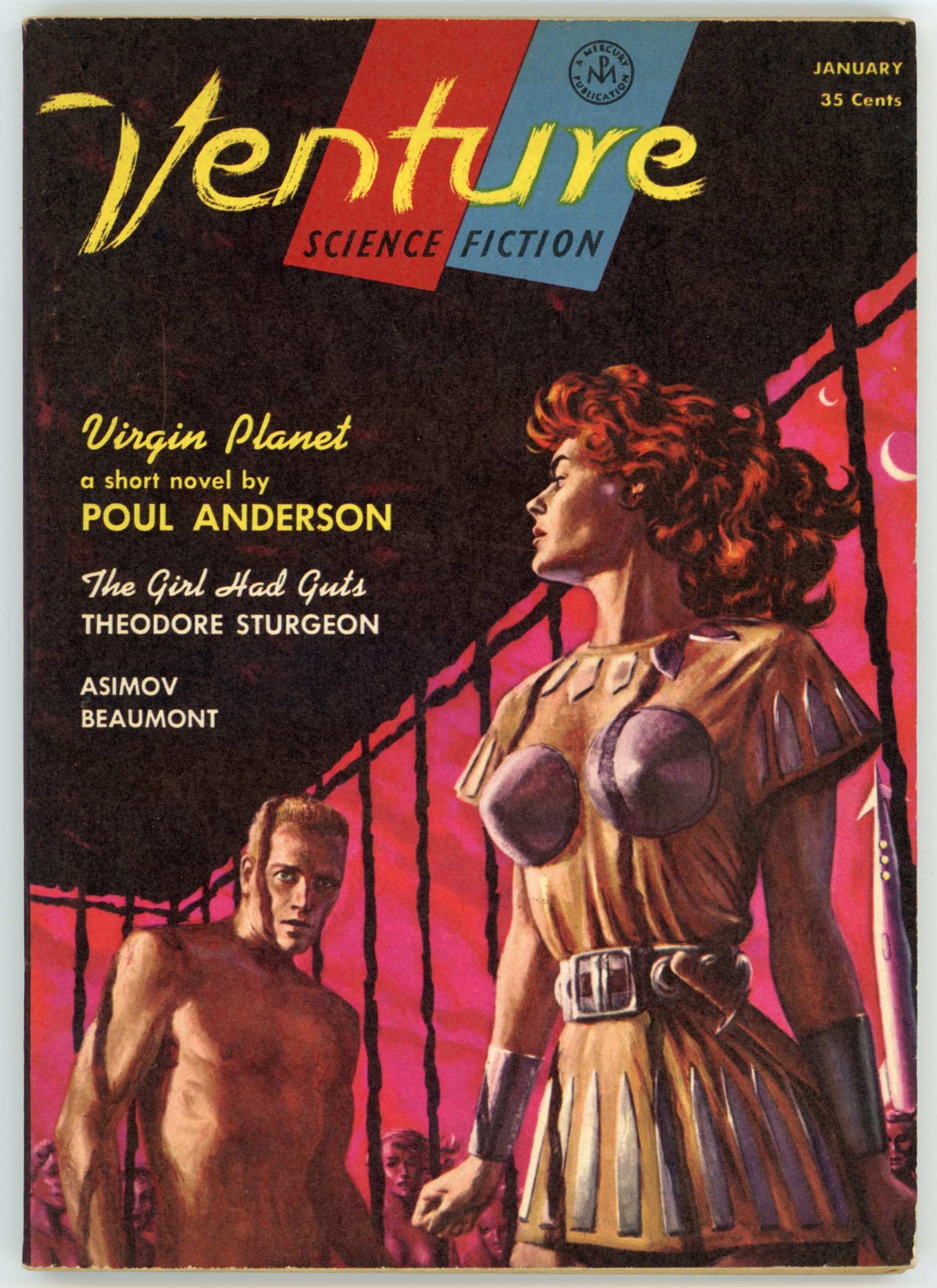
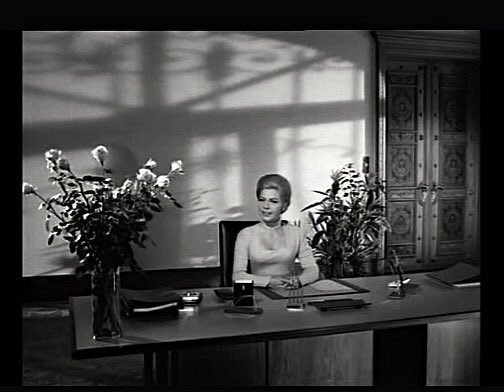
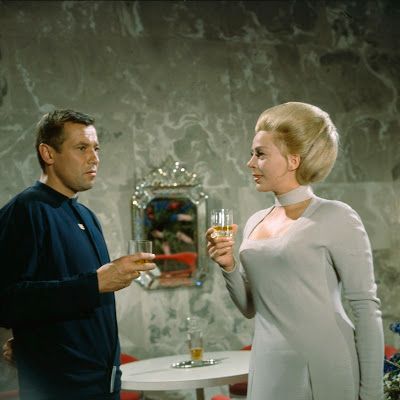
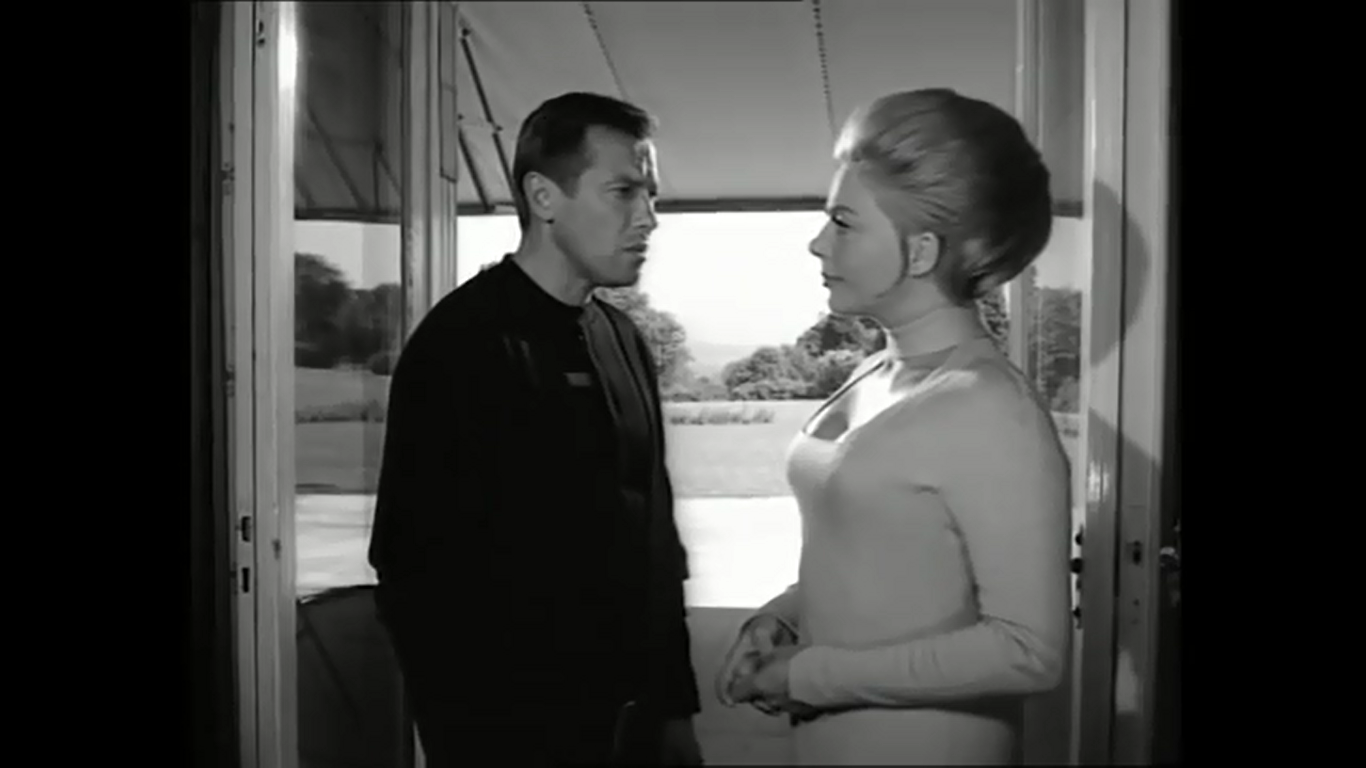
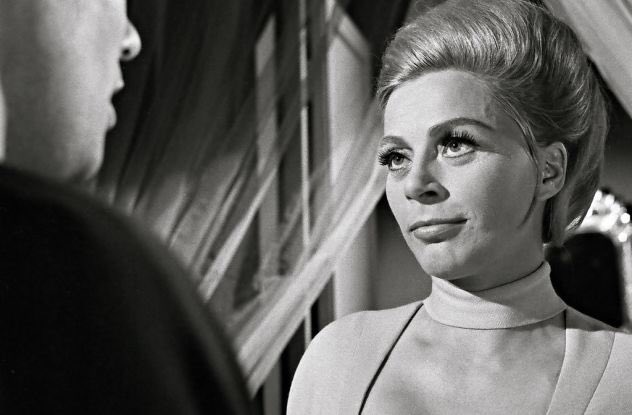
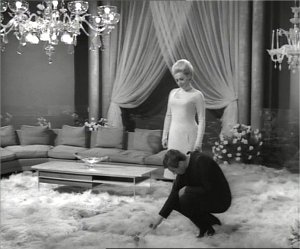
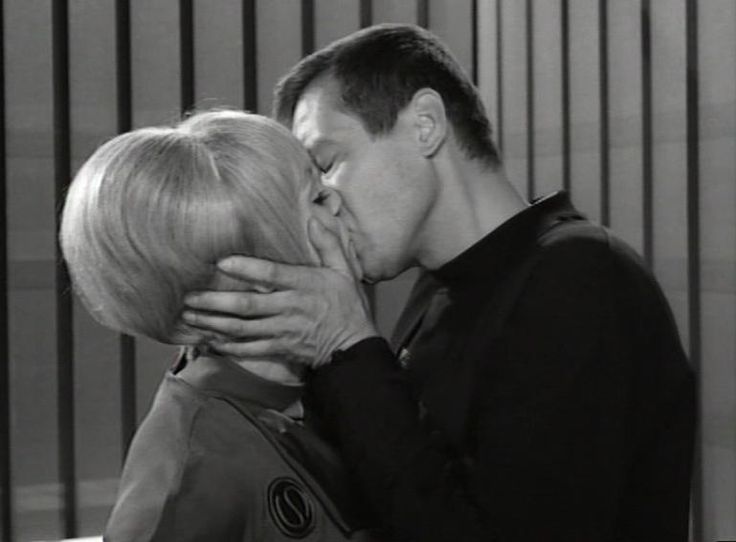
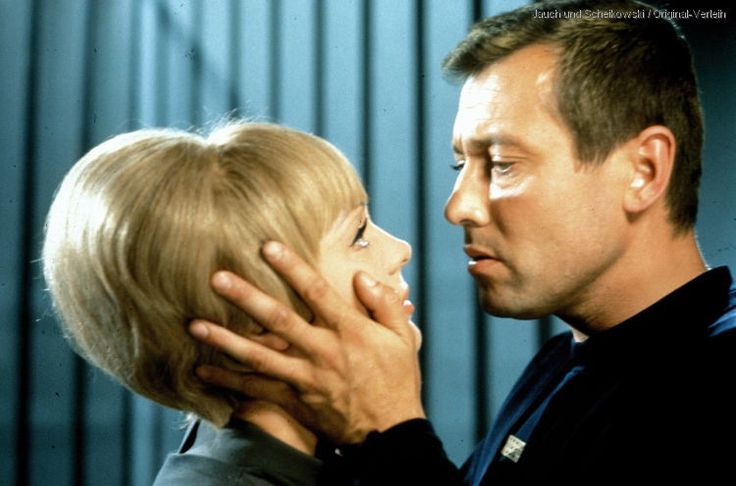

![[November 8, 1966] Paranoia and High Treason: <i>Space Patrol Orion</i>, Episode 4: "Deserters"](https://galacticjourney.org/wp-content/uploads/2021/11/orion-41-490x372.jpg)
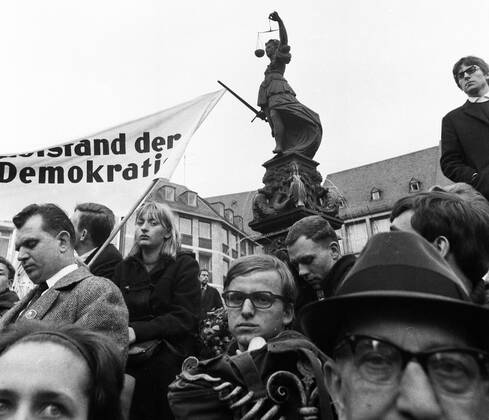
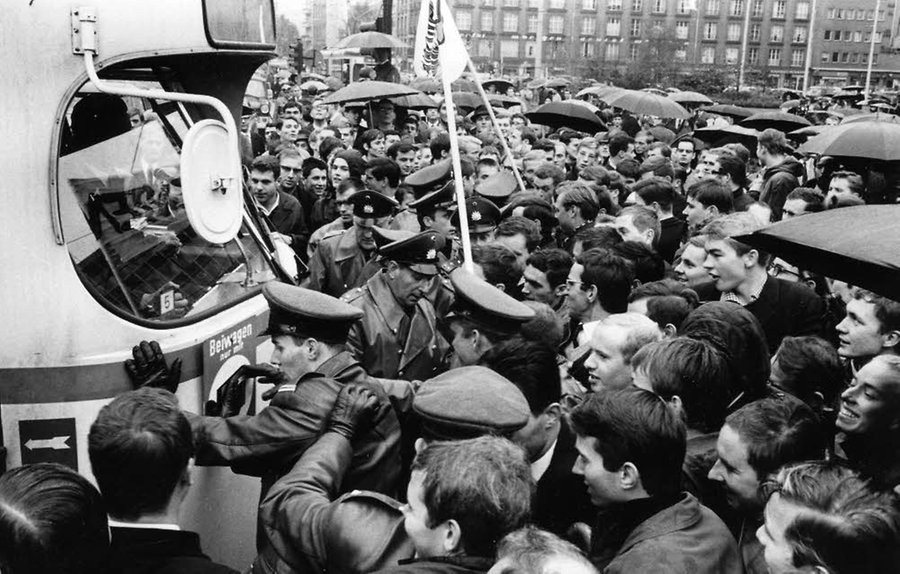

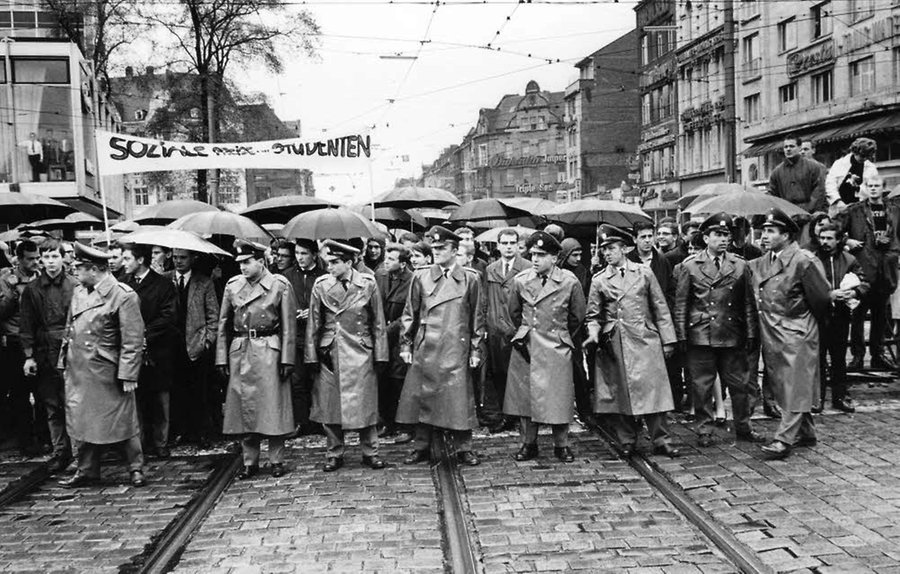



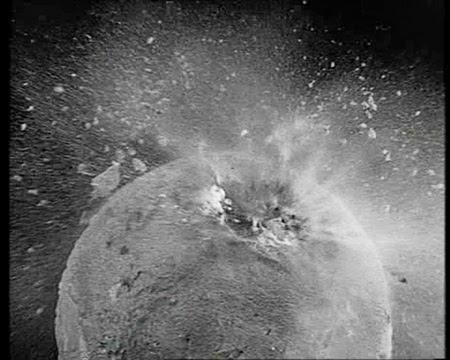
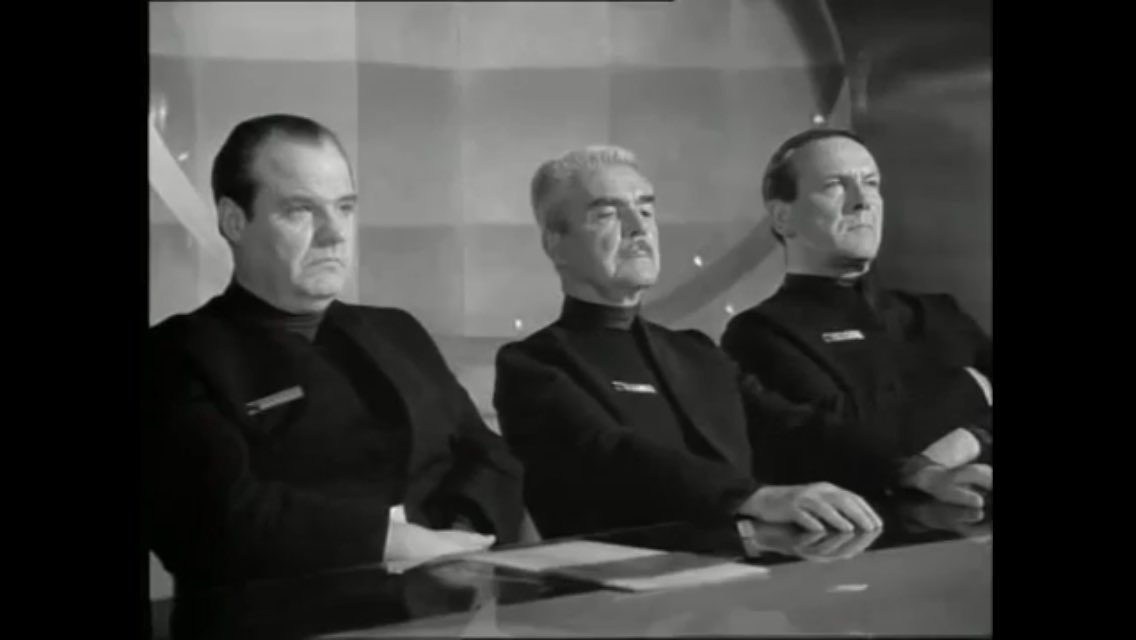
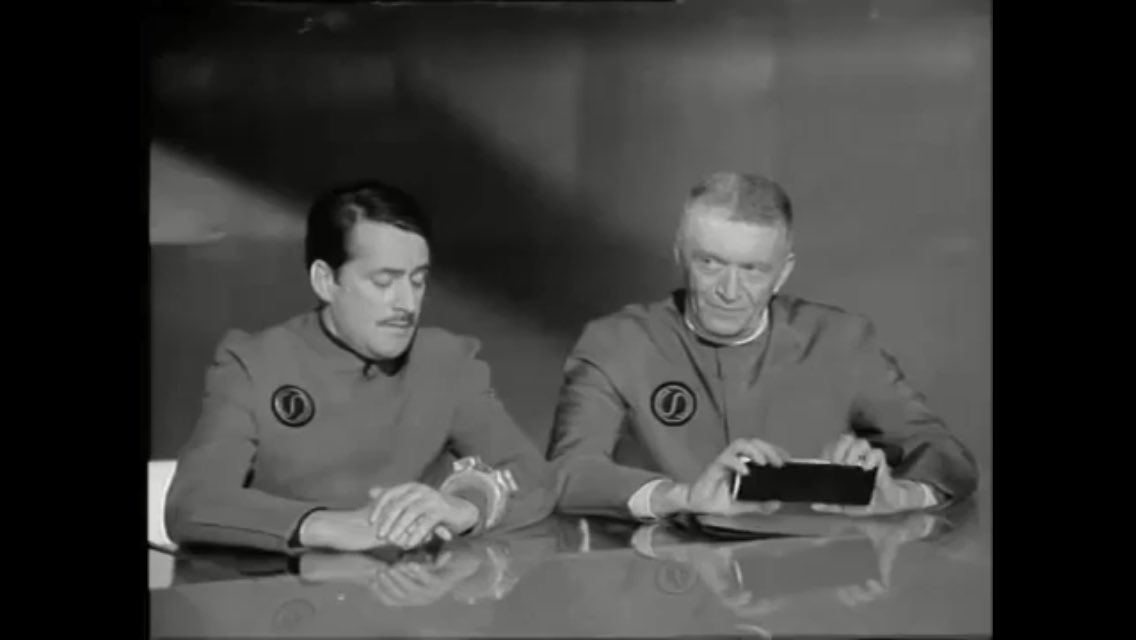
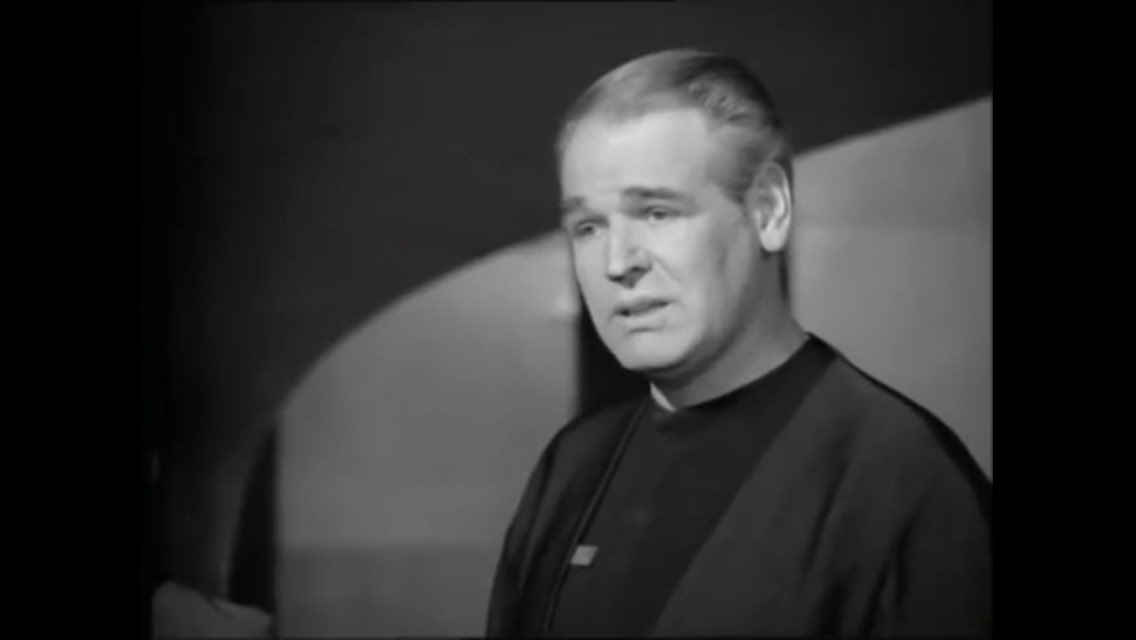
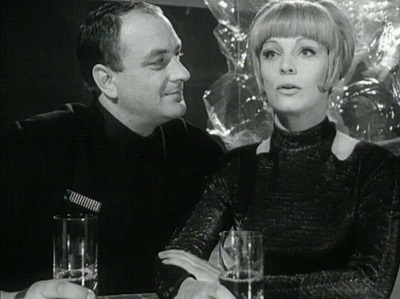

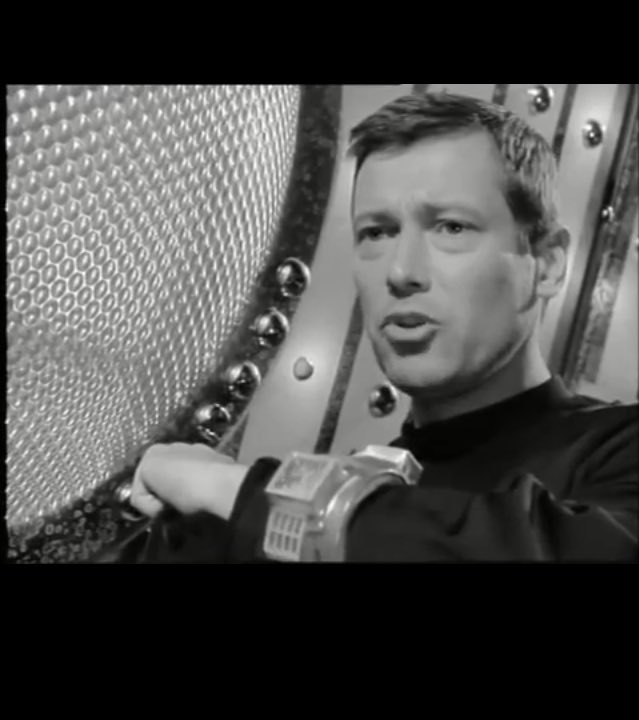
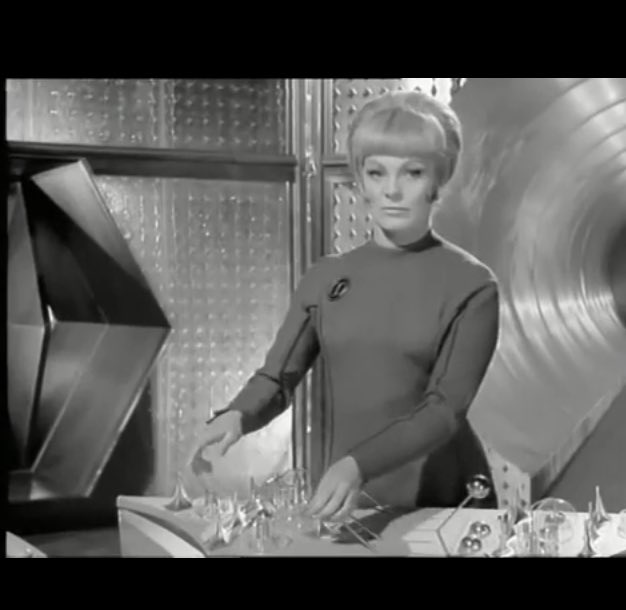
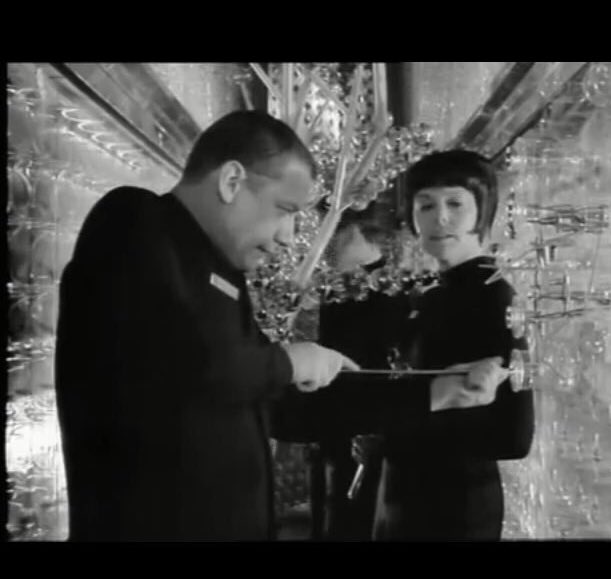
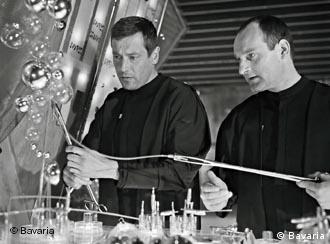

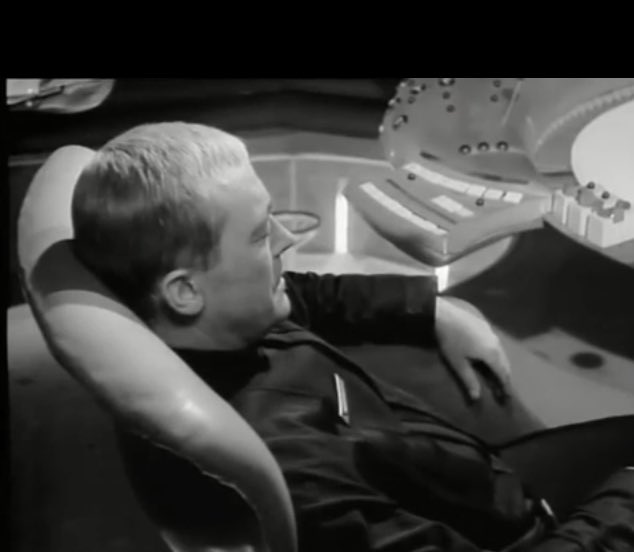


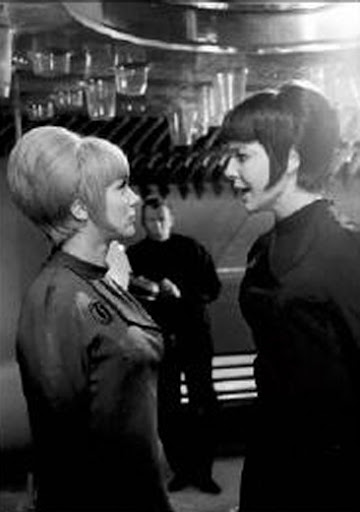
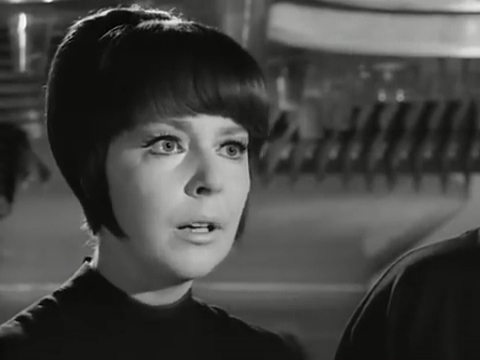
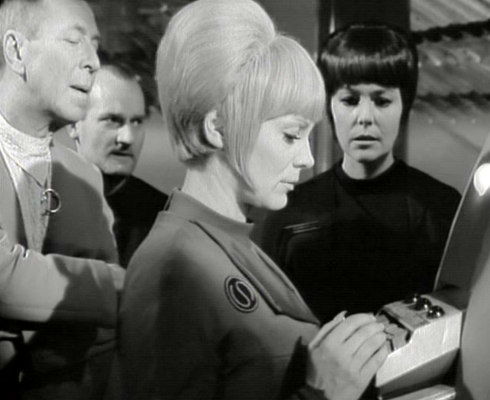
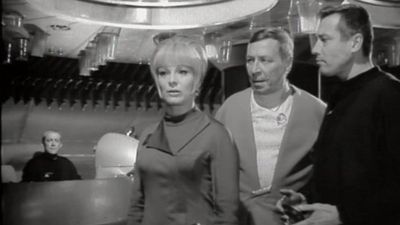
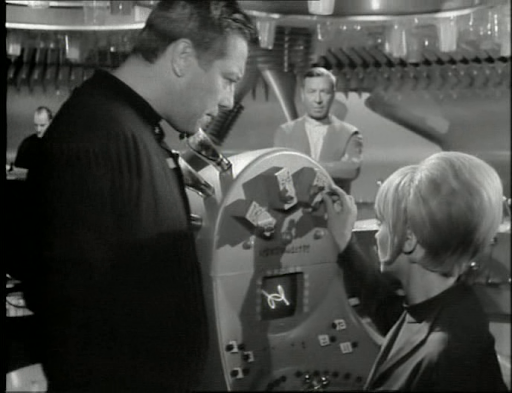



![[October 19, 1966] Routine Missions and Asimovian Robots: <i>Space Patrol Orion</i> Episode 3: "Guardians of the Law"](https://galacticjourney.org/wp-content/uploads/2021/10/RAUMPATROUILLE-EP-3-160-672x372.jpg)
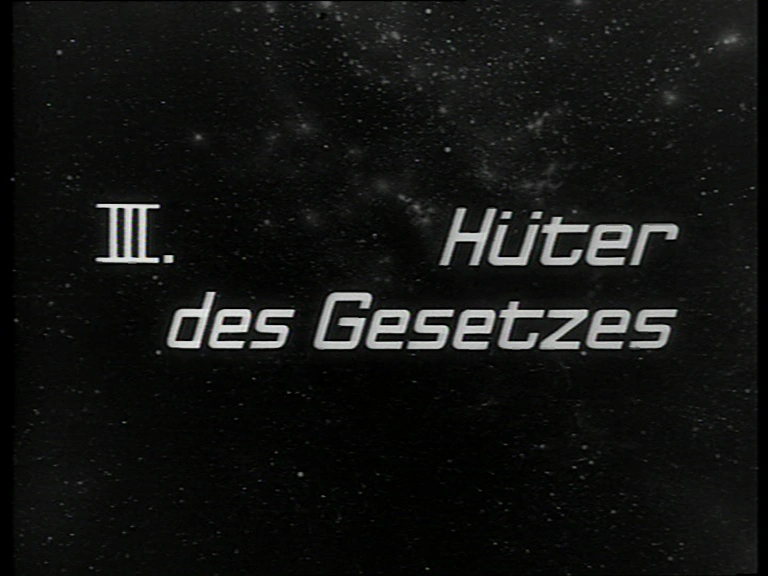
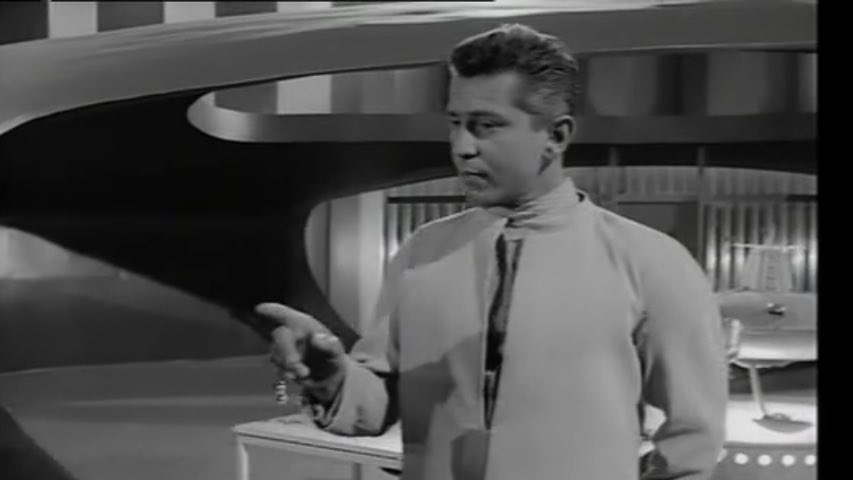
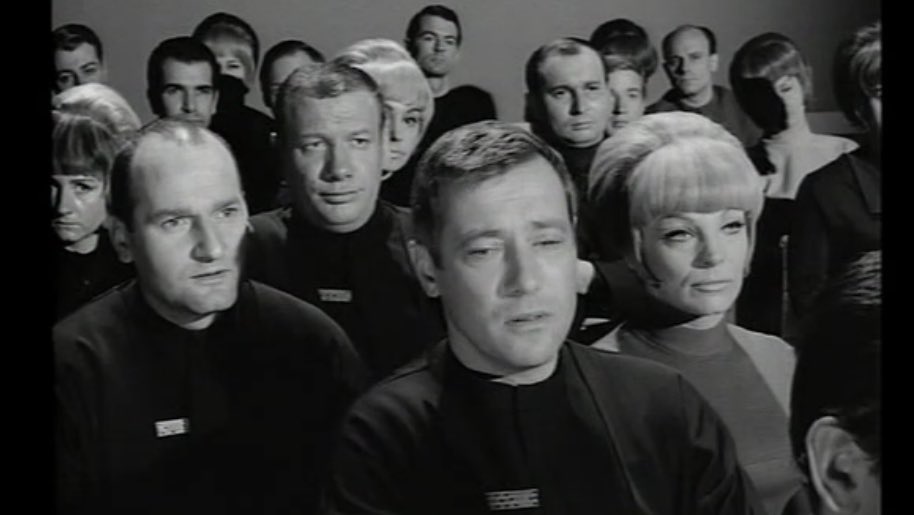
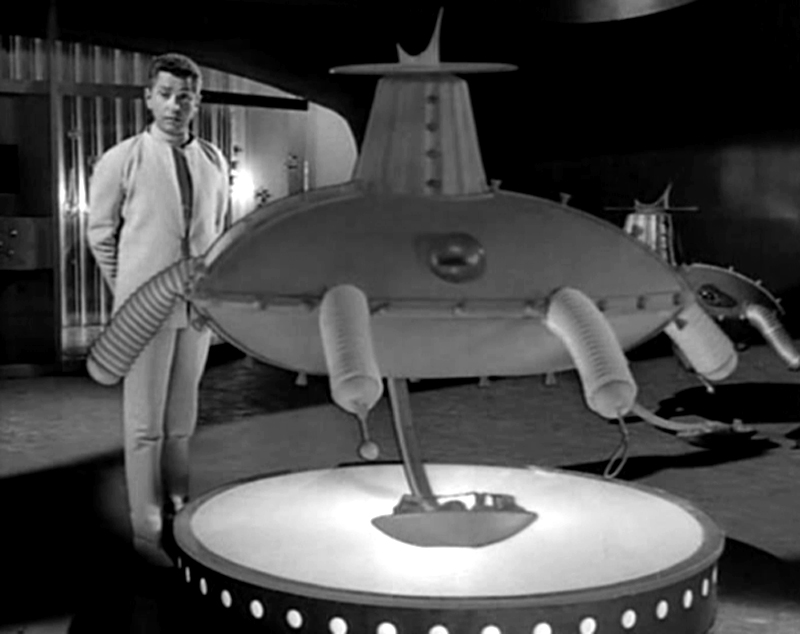
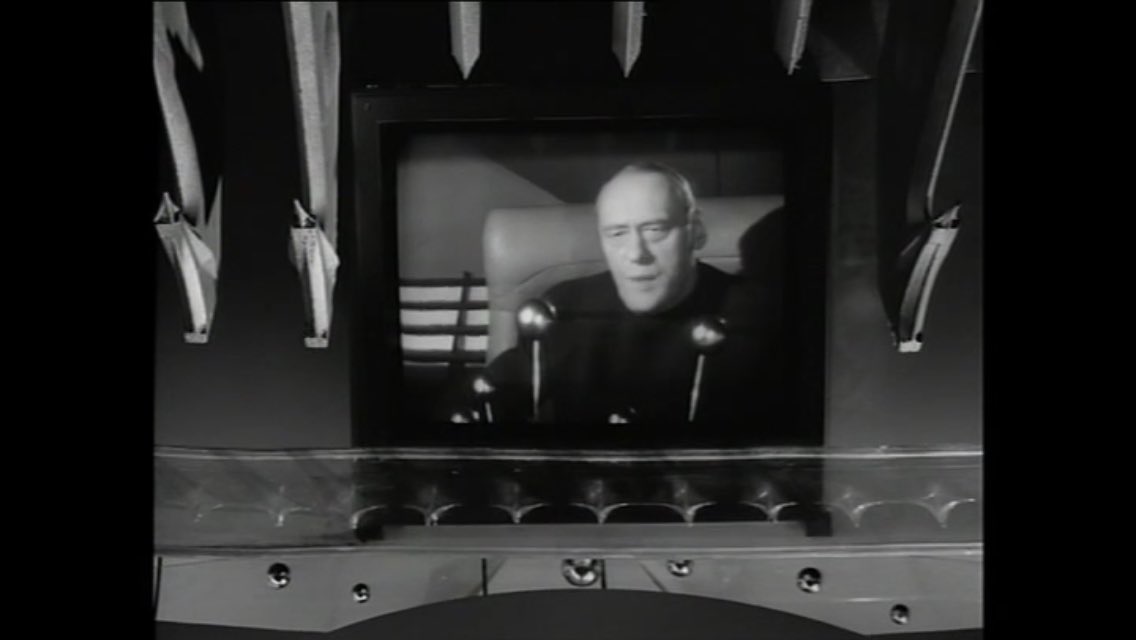
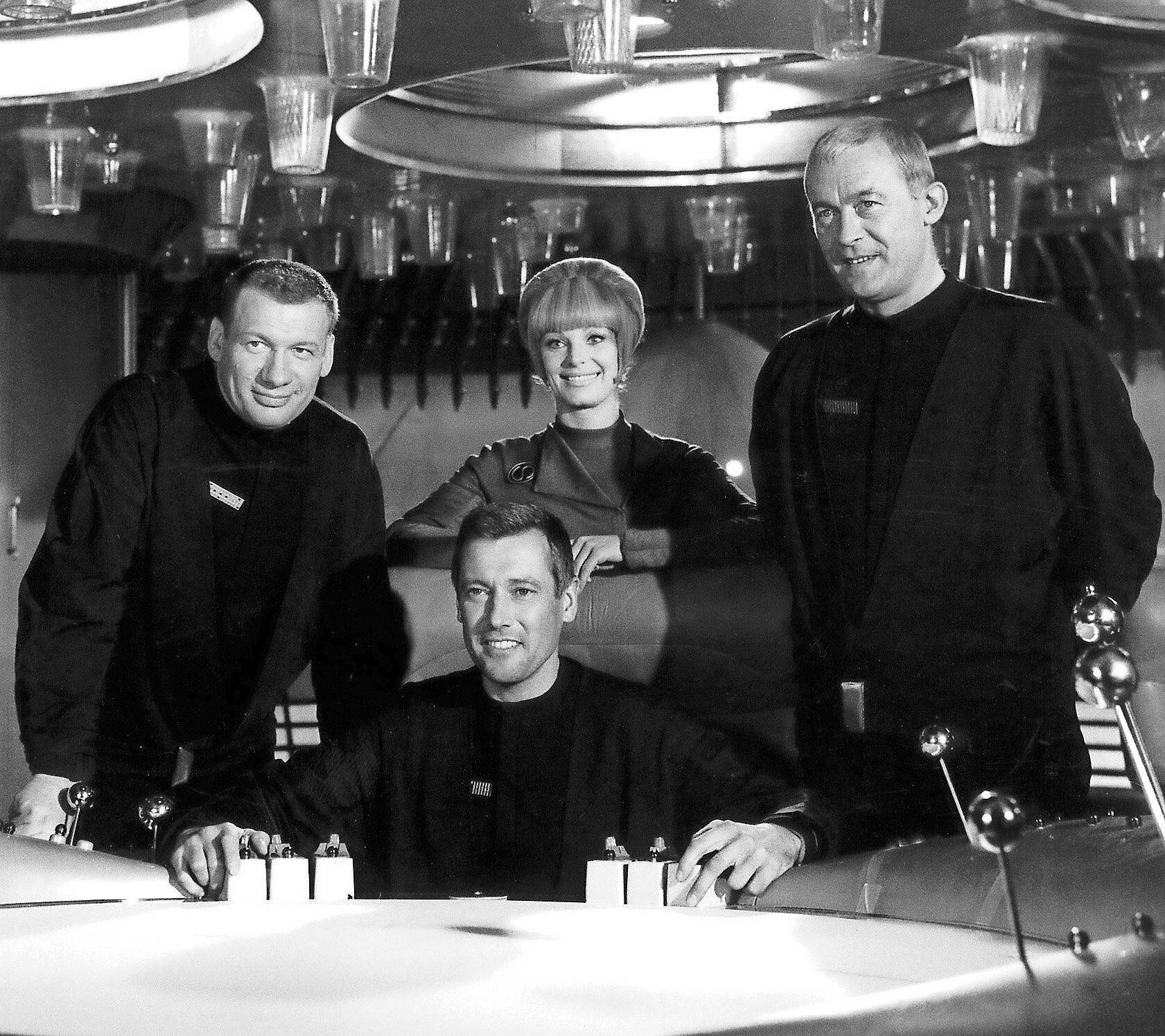
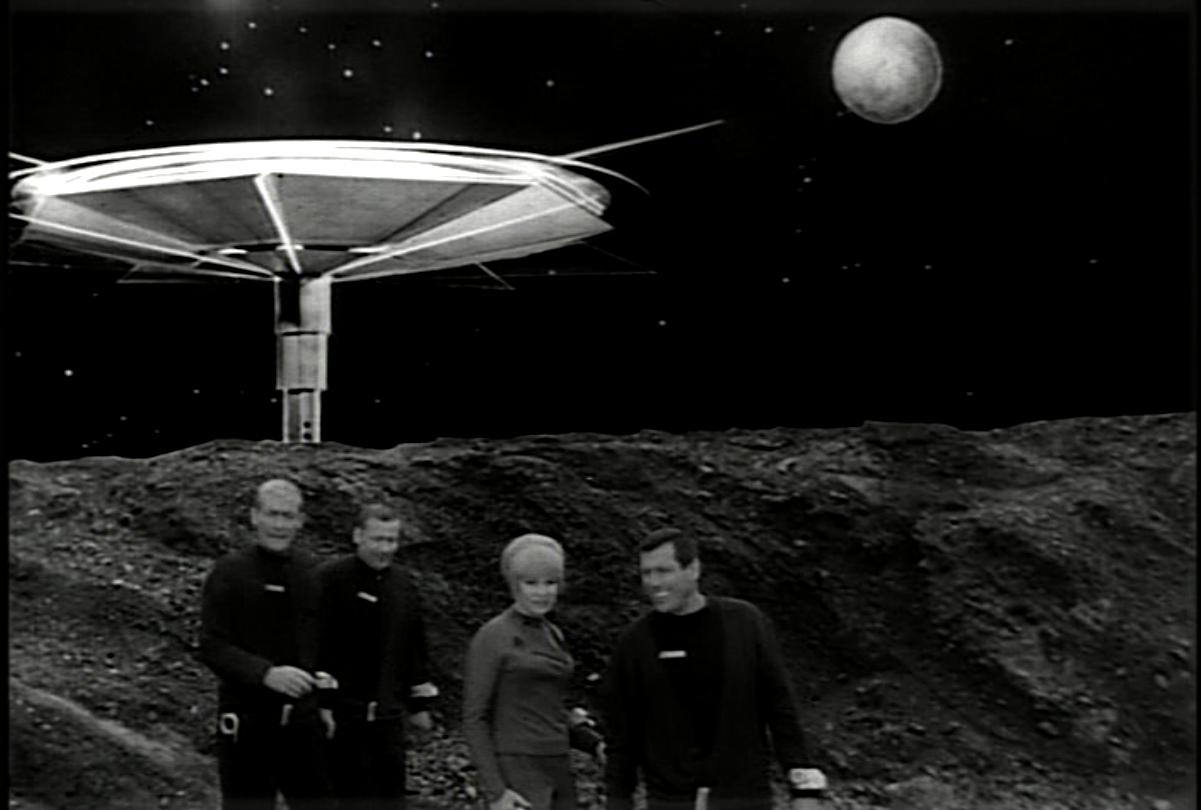
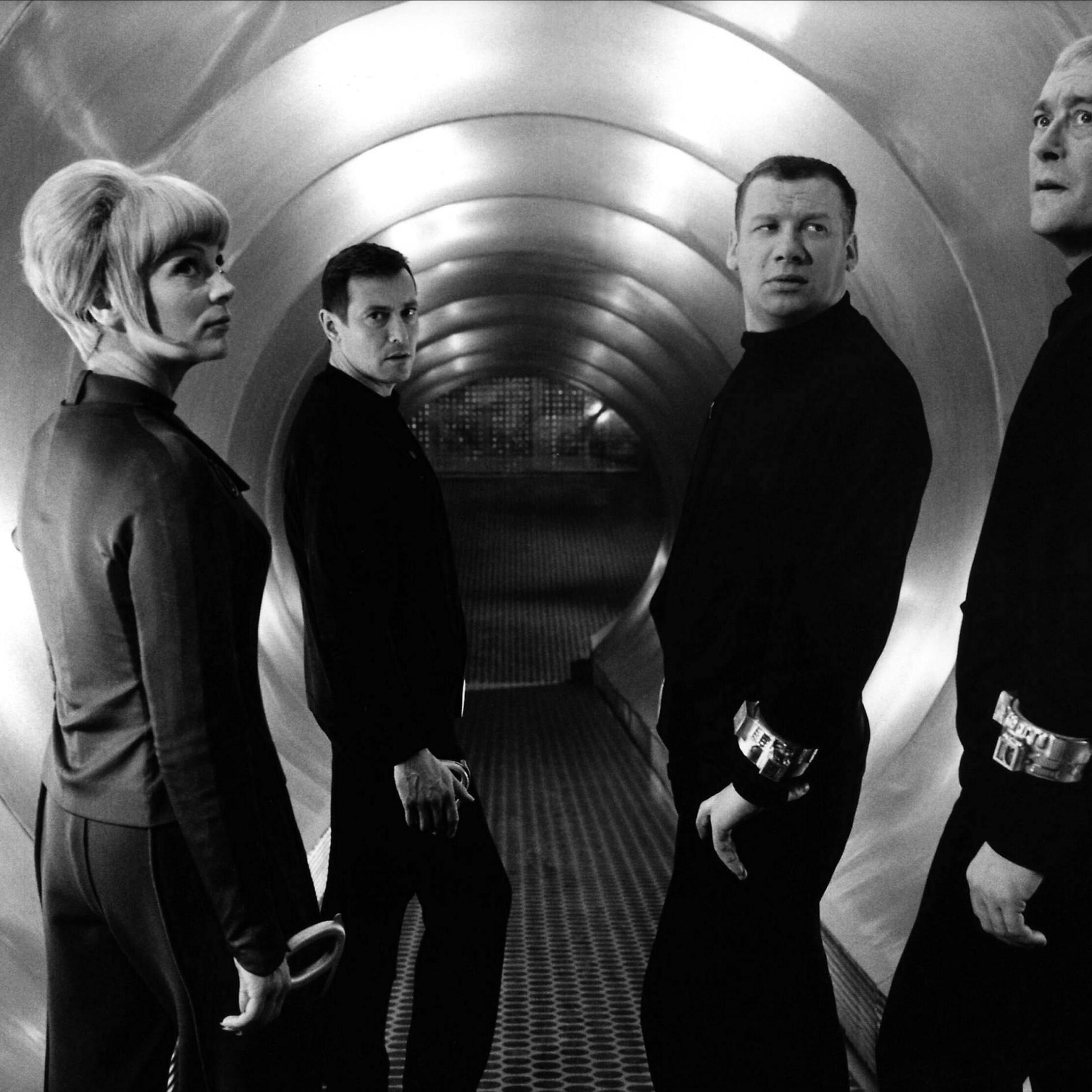
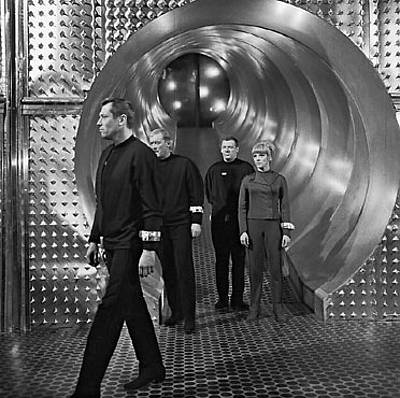
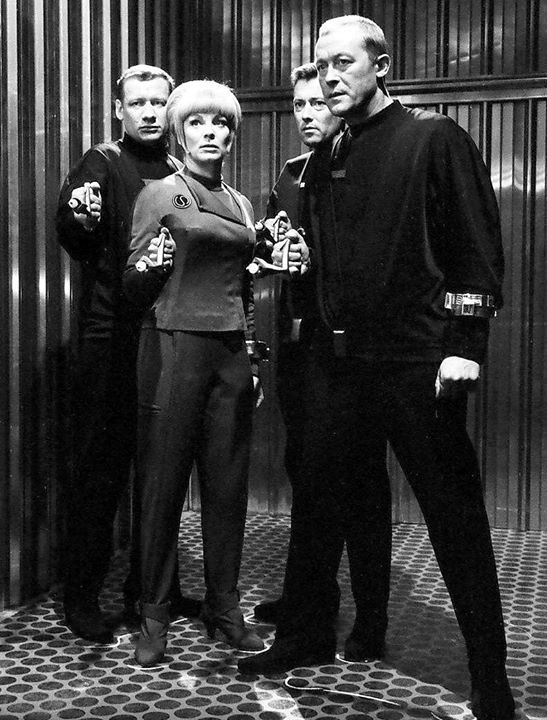
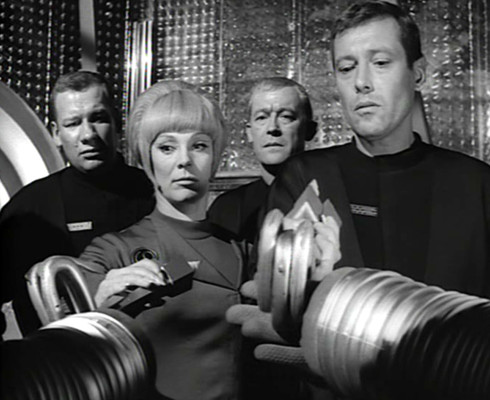
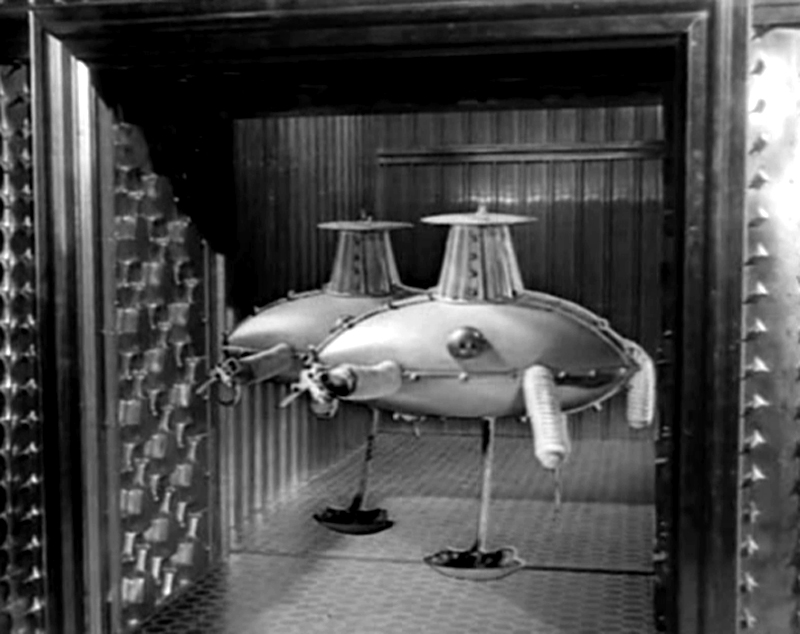

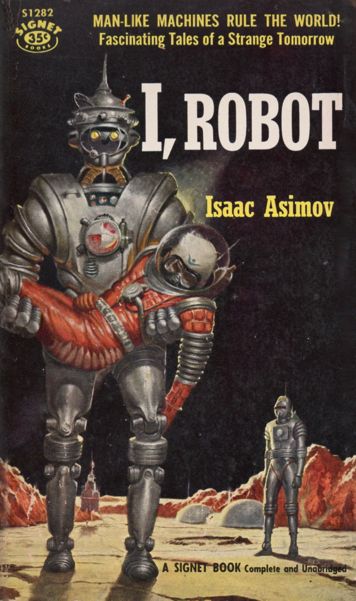
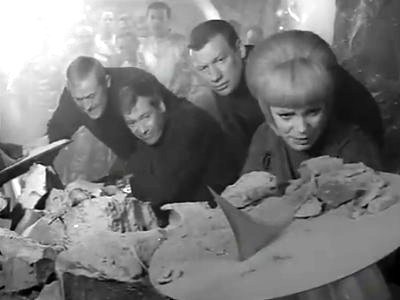
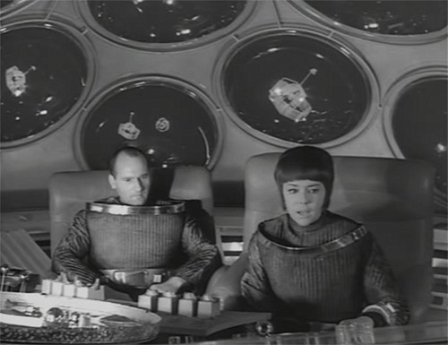
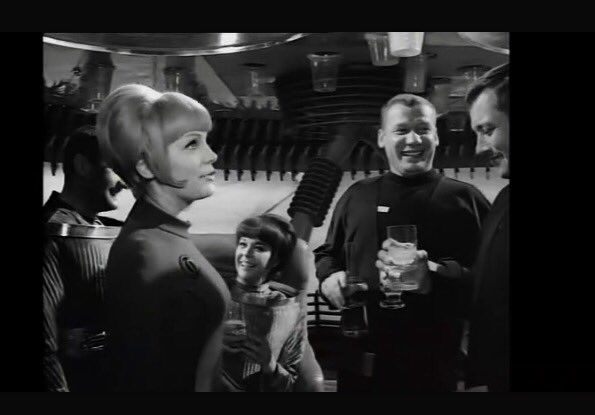
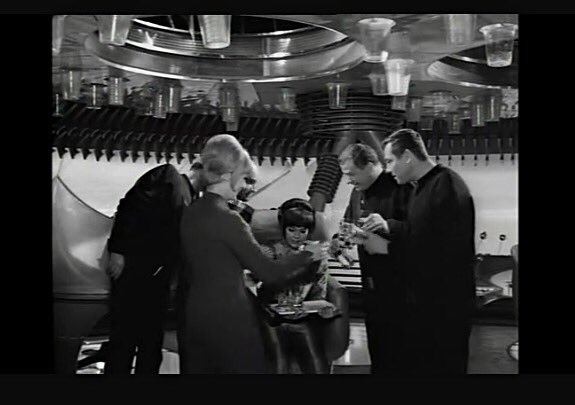
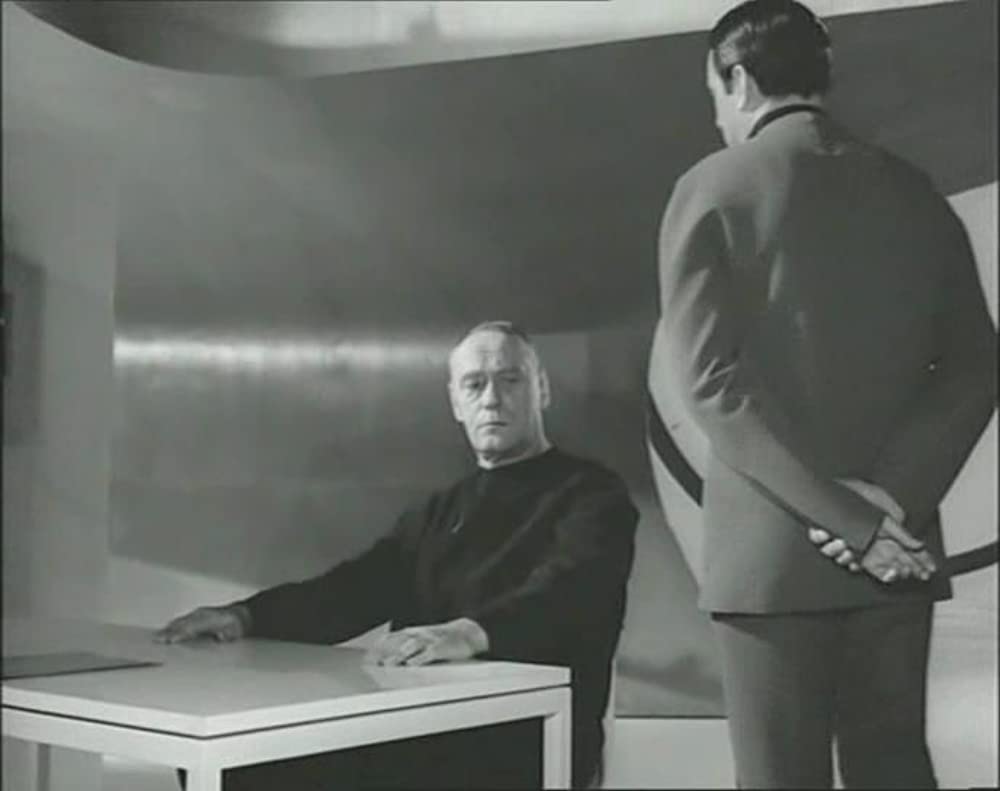
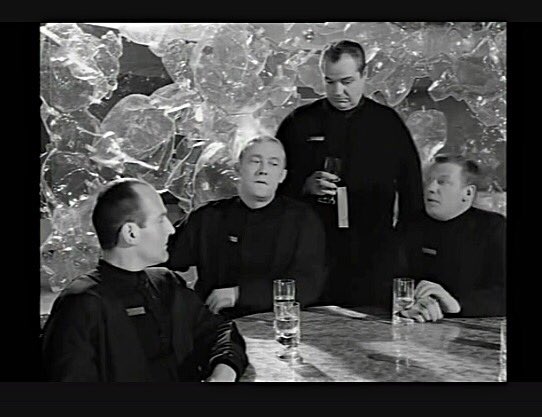
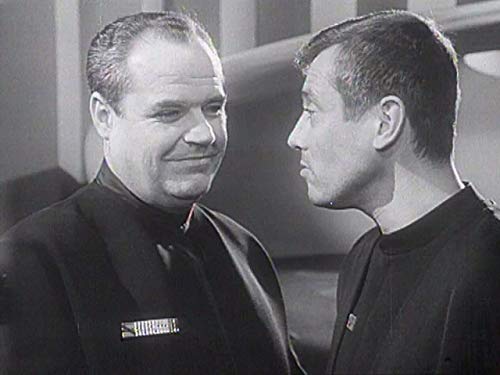

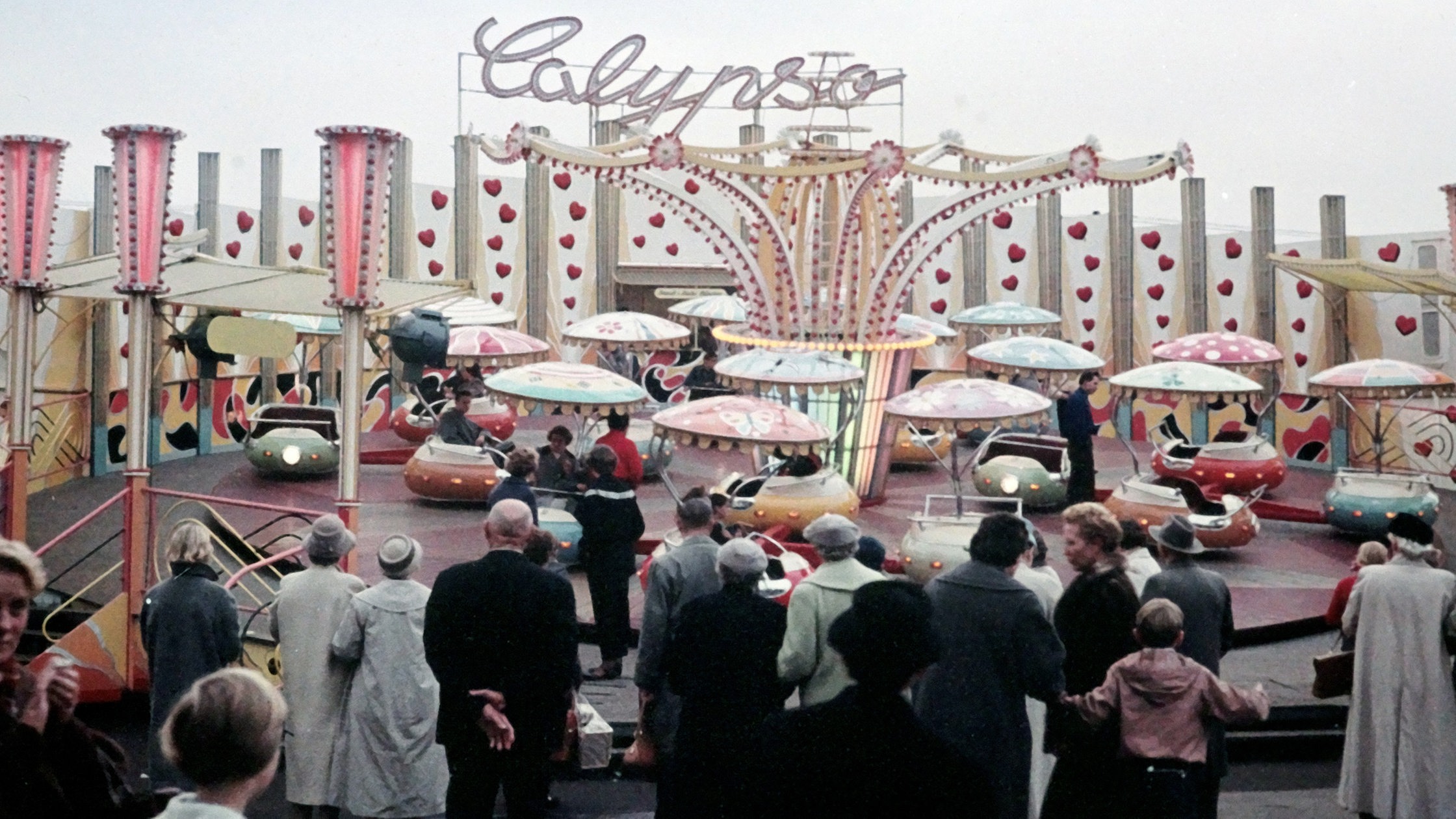
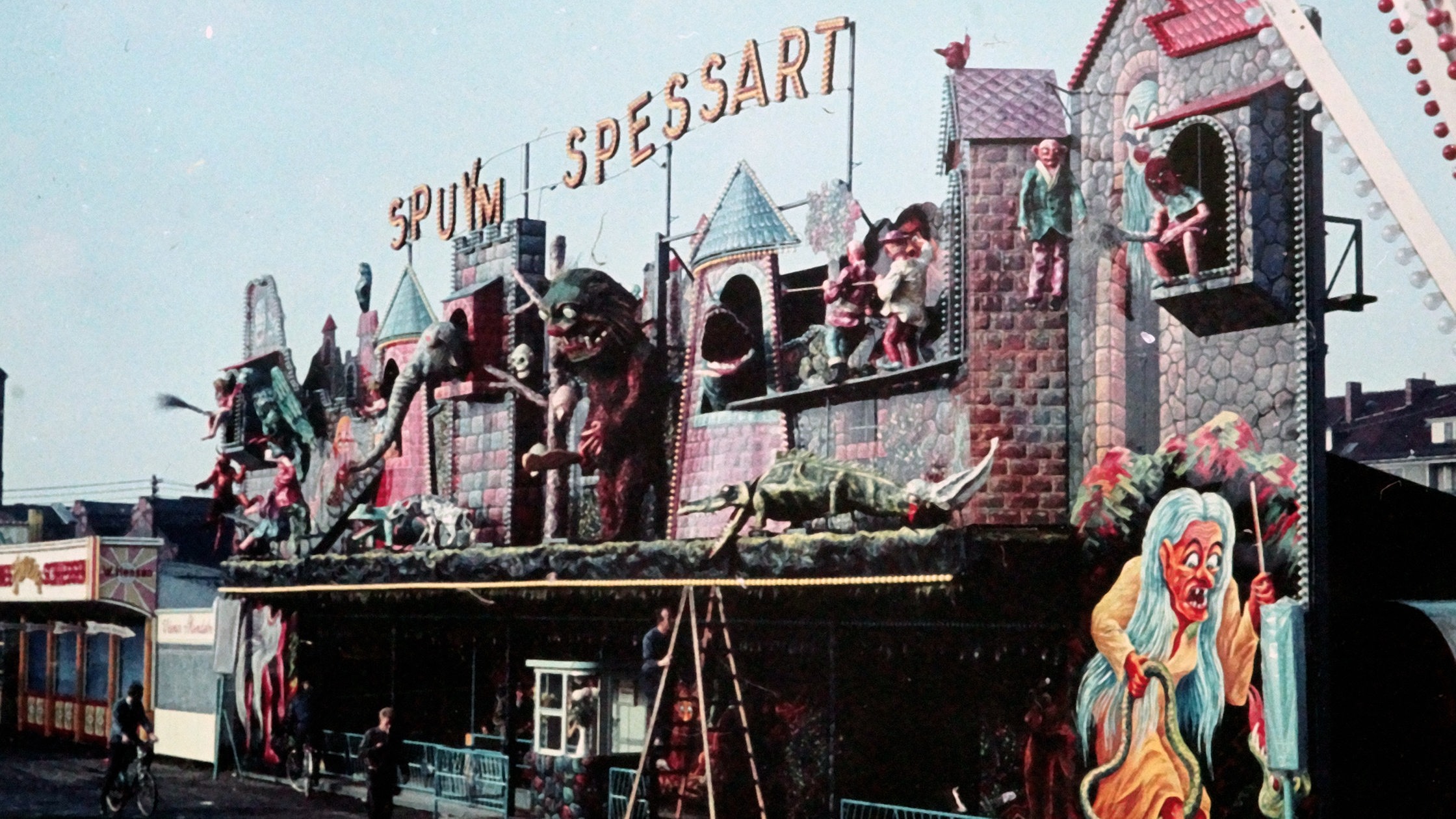
![[October 18, 1966] Moral Dilemmas and Earth in Peril: <i>Space Patrol Orion</i> Episode 2: "Planet Off Course"](https://galacticjourney.org/wp-content/uploads/2021/10/Lydia_van_Dyke-3377405cc22c7078.webp)
